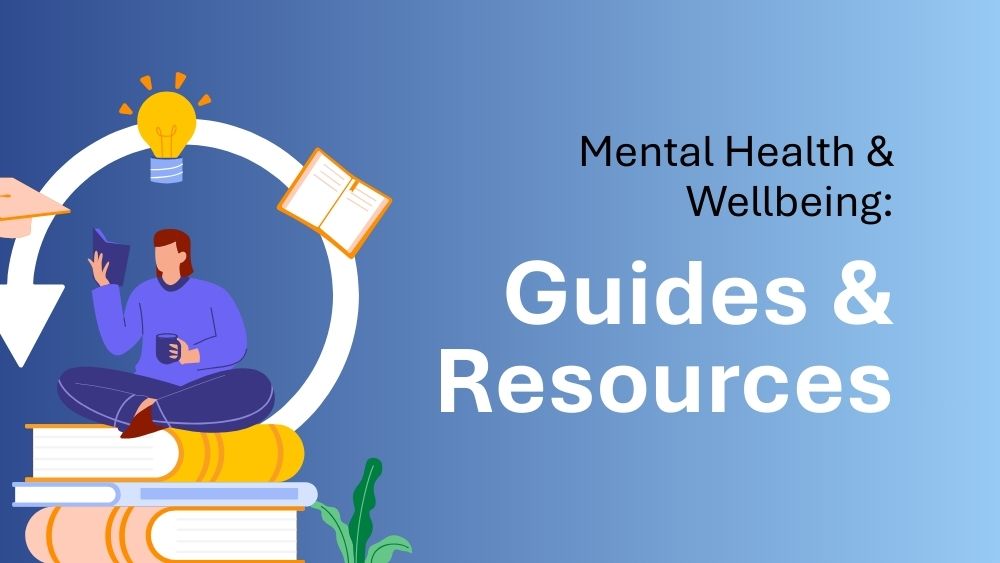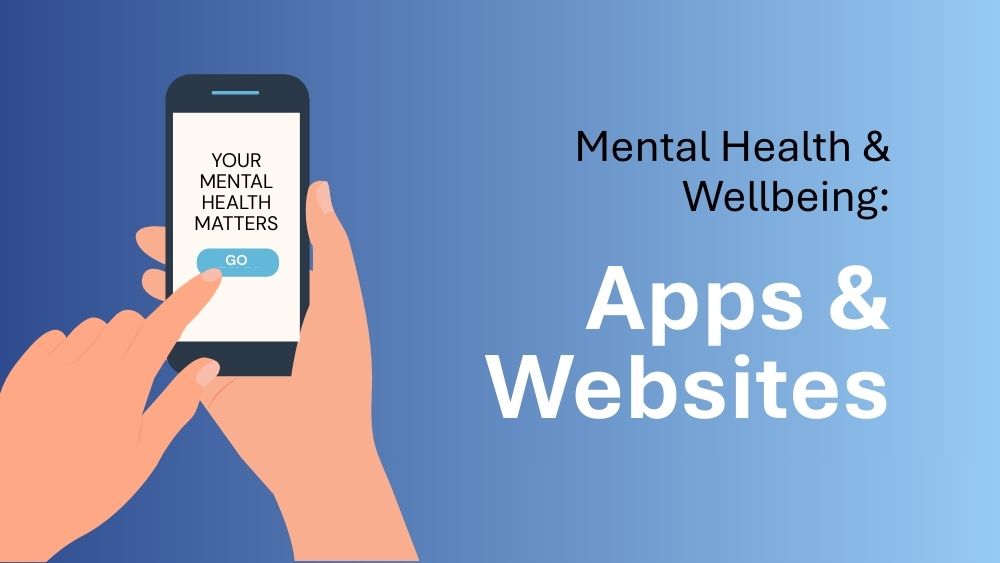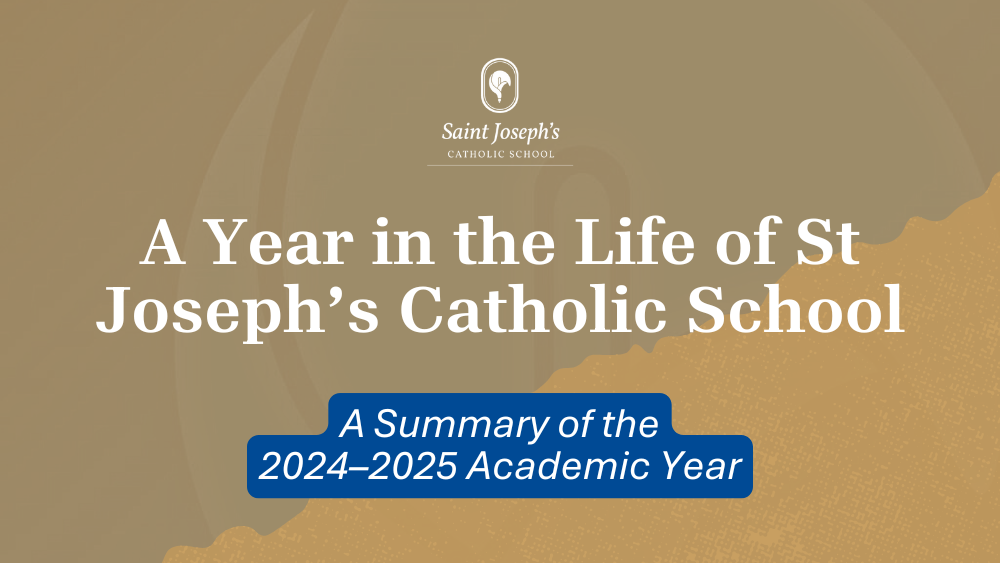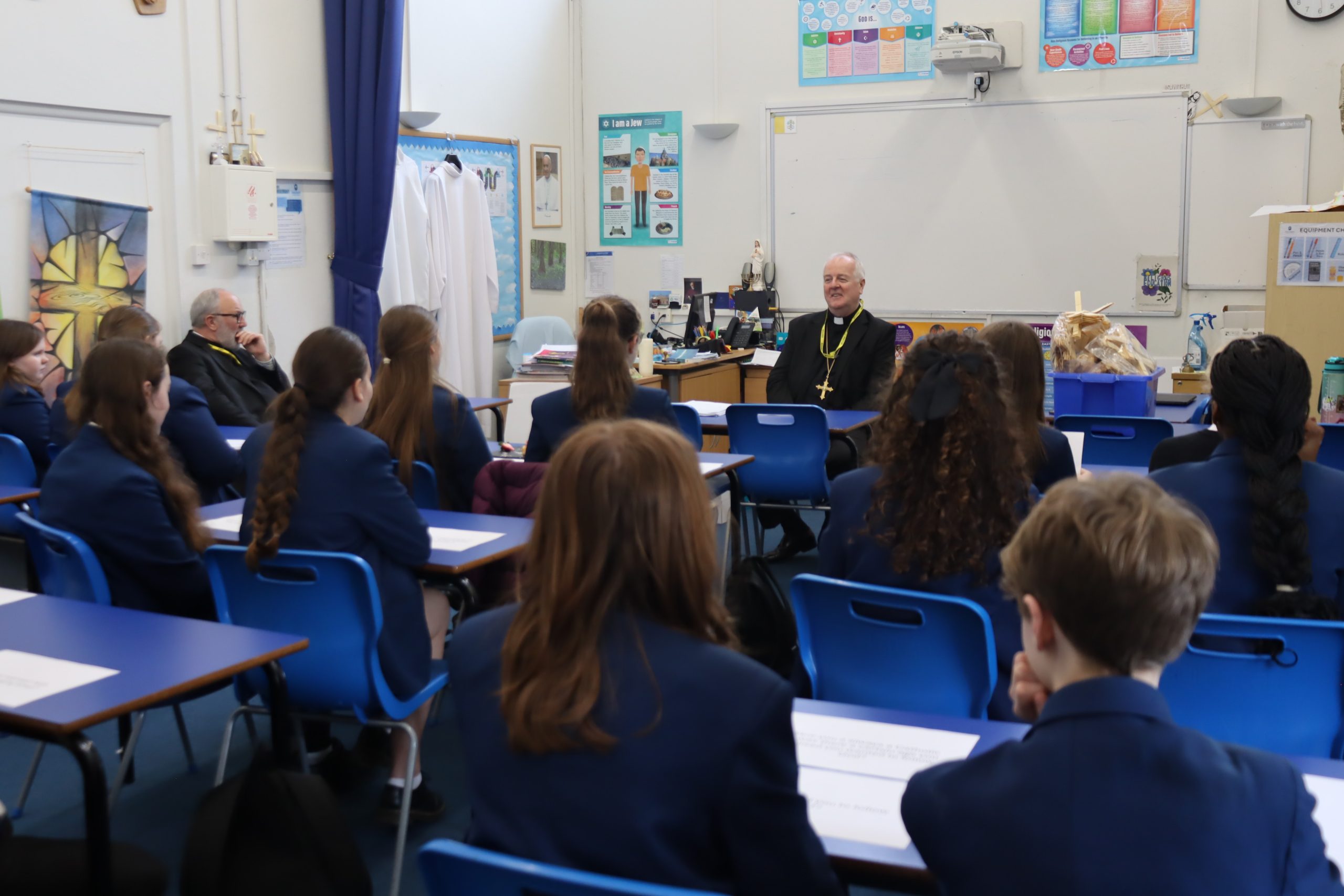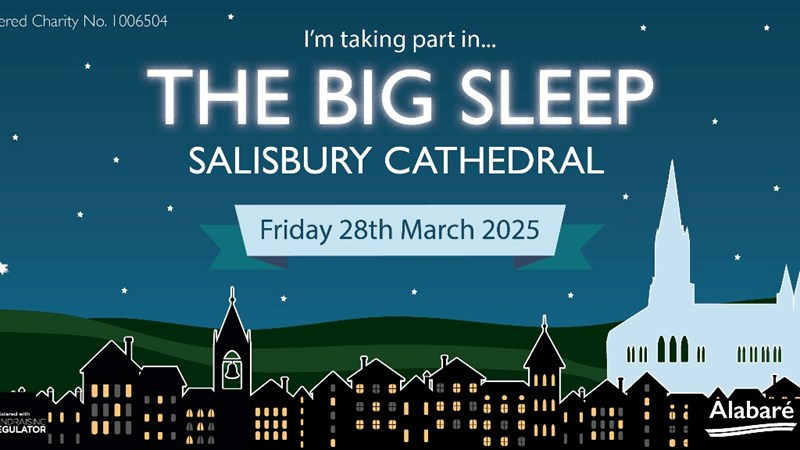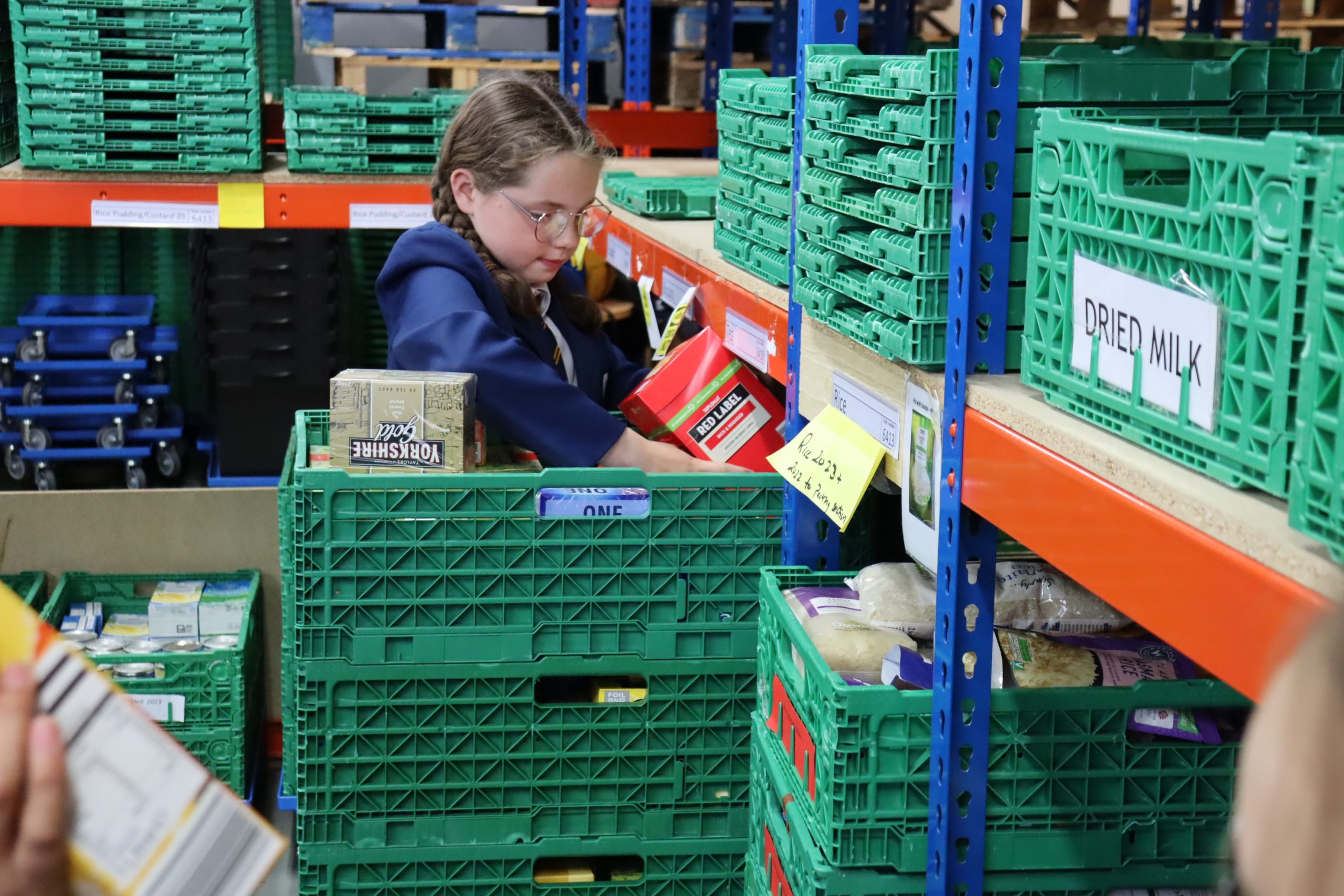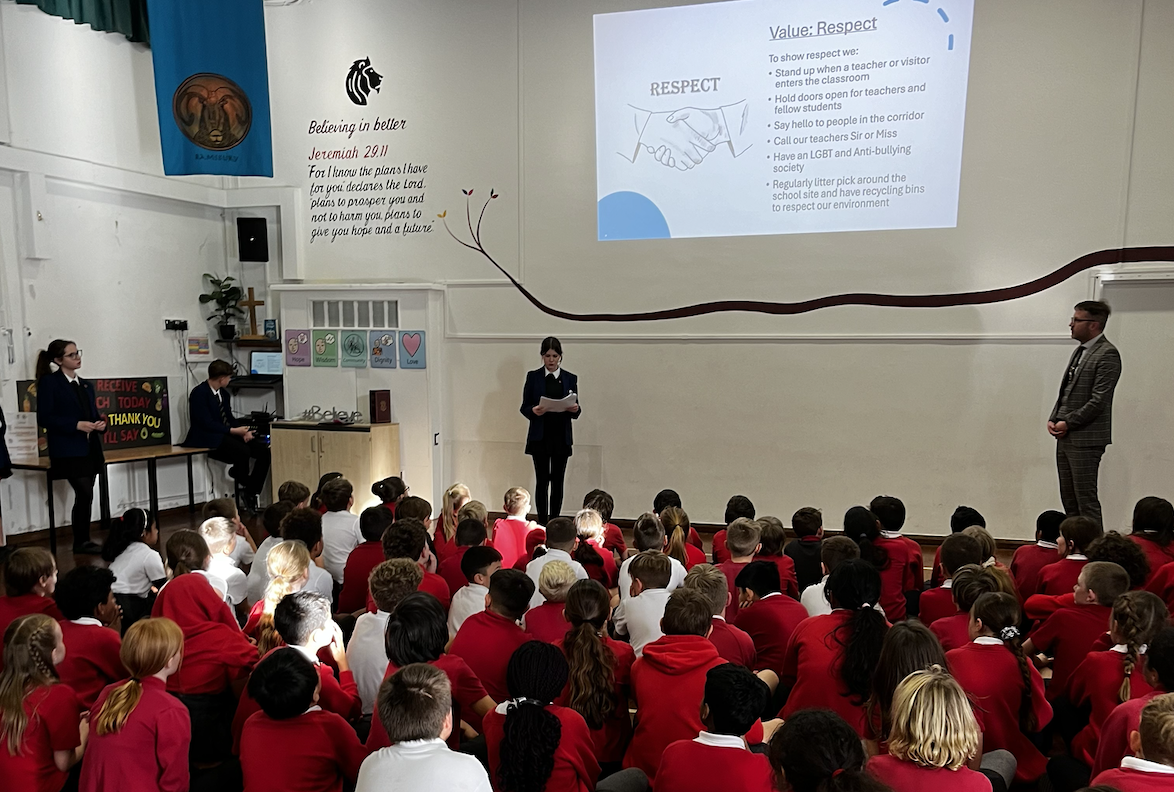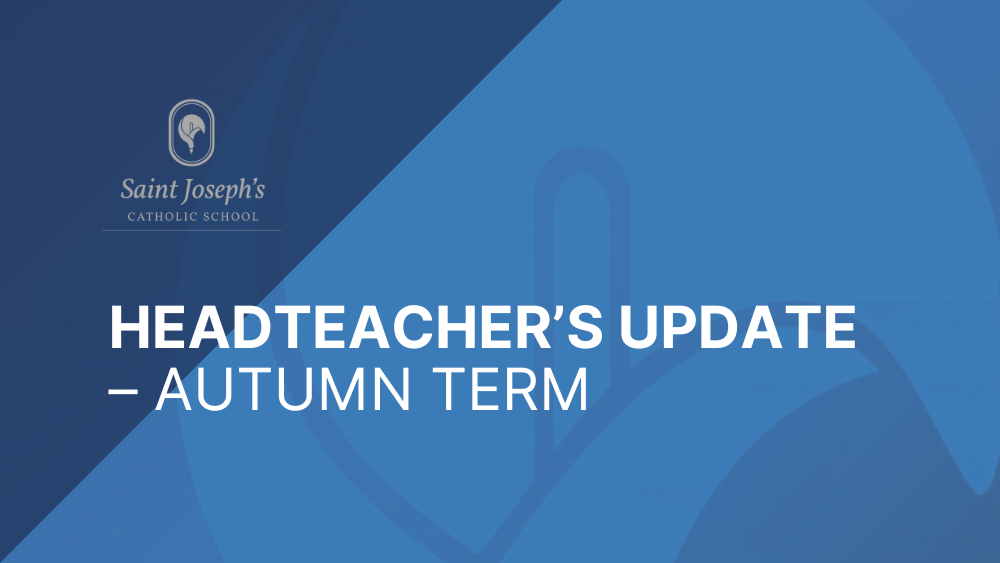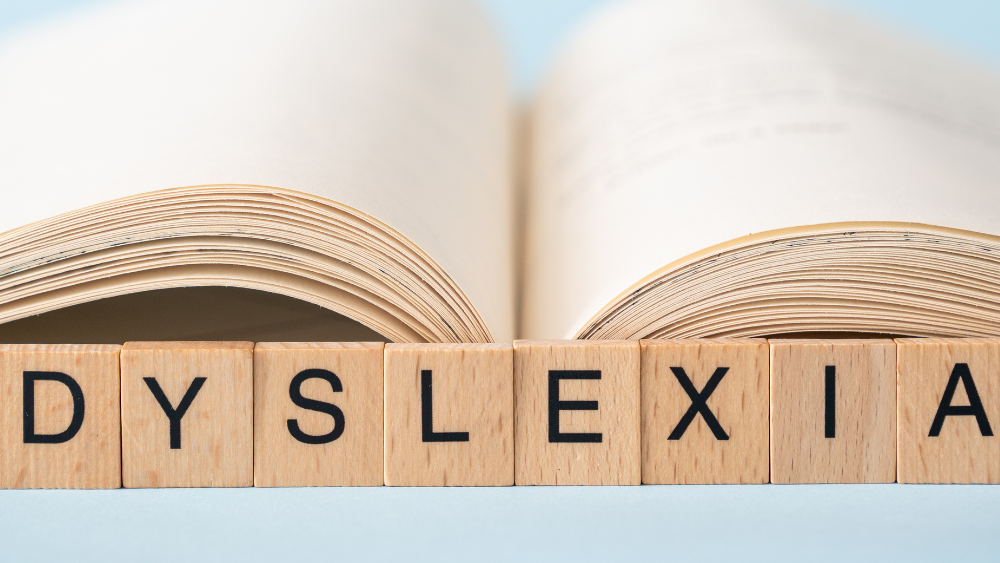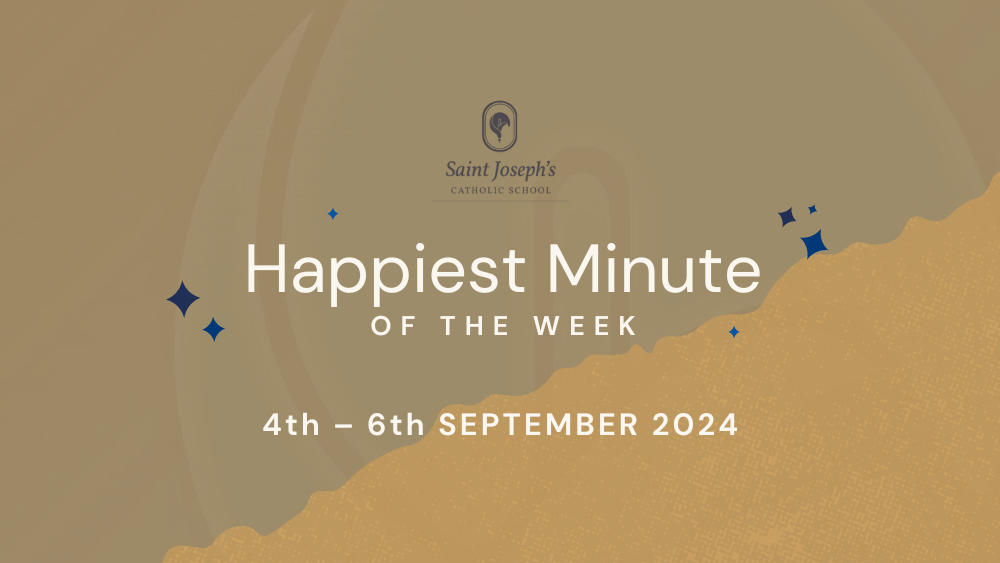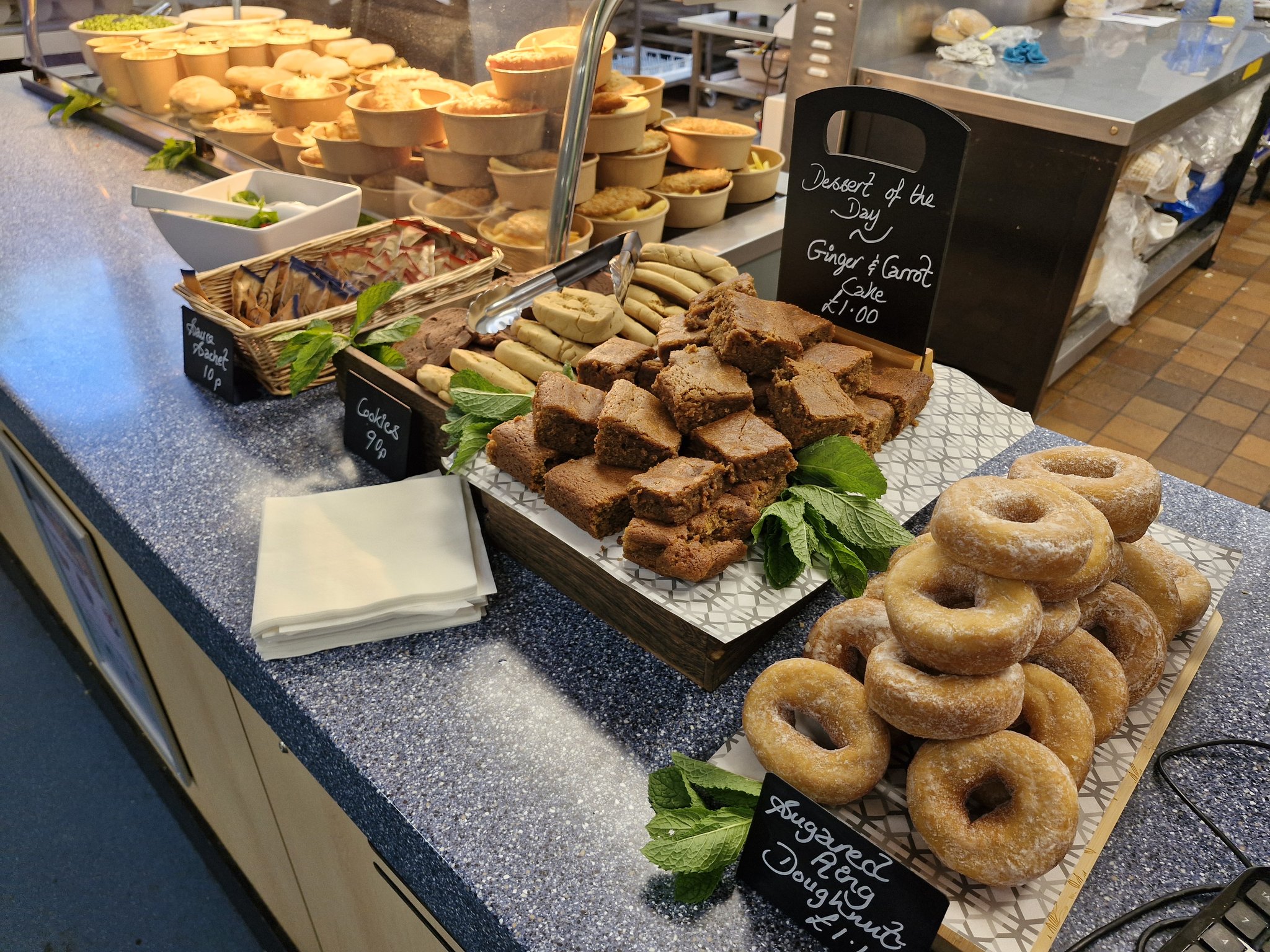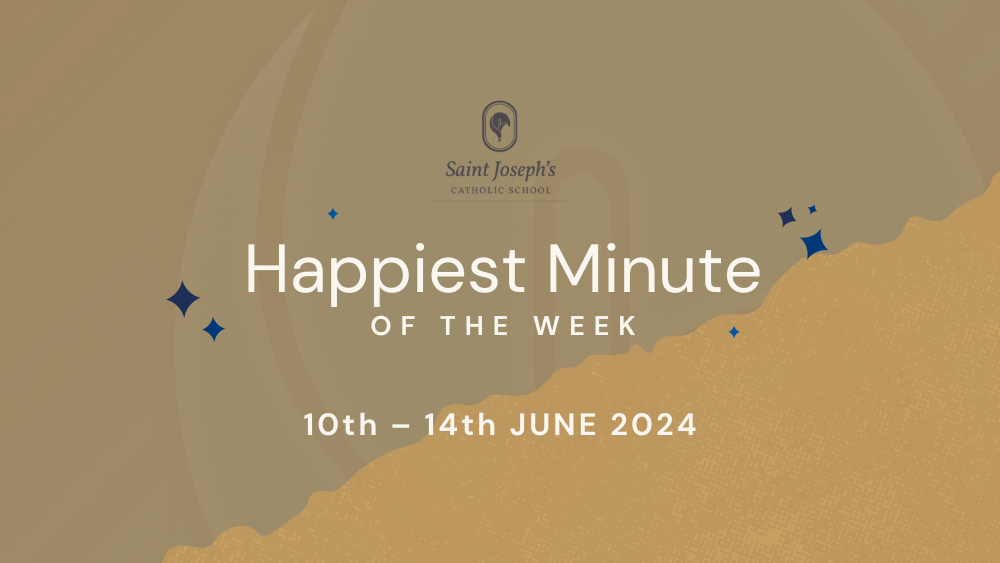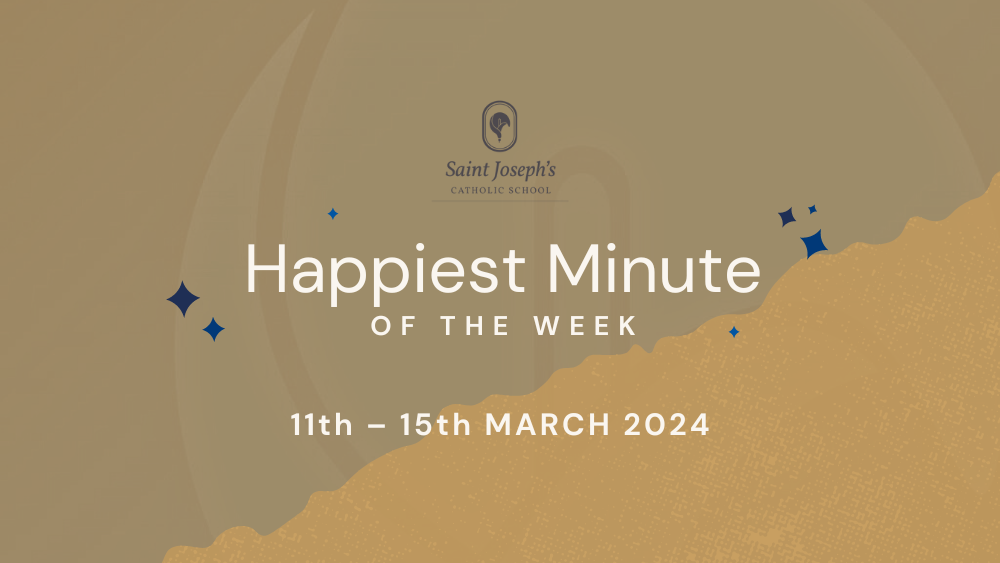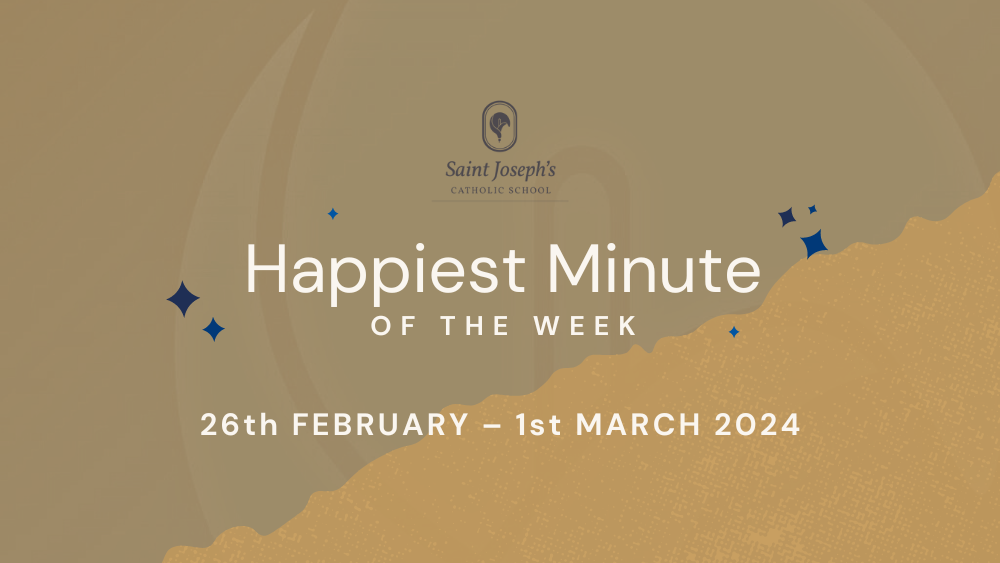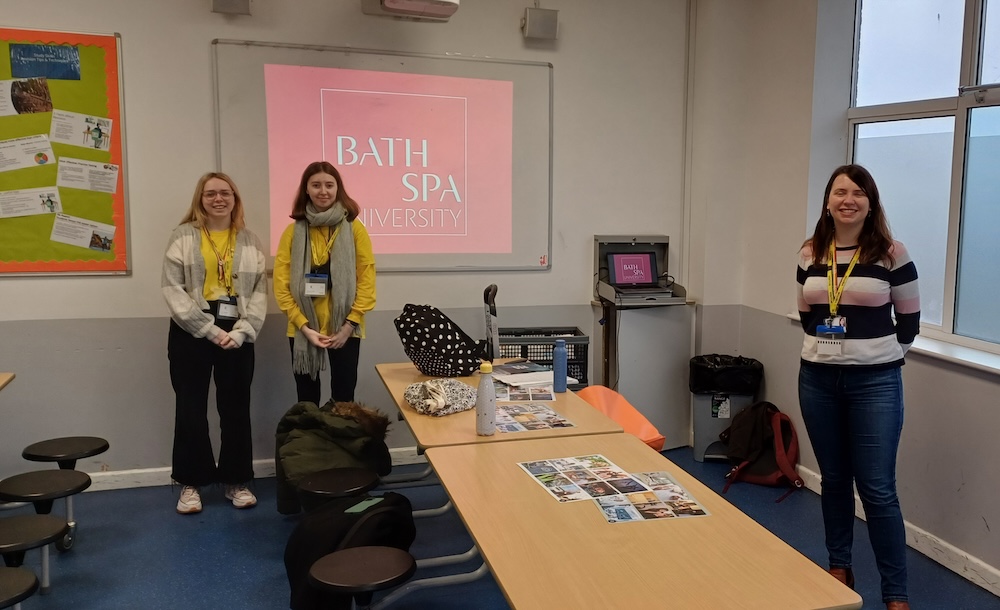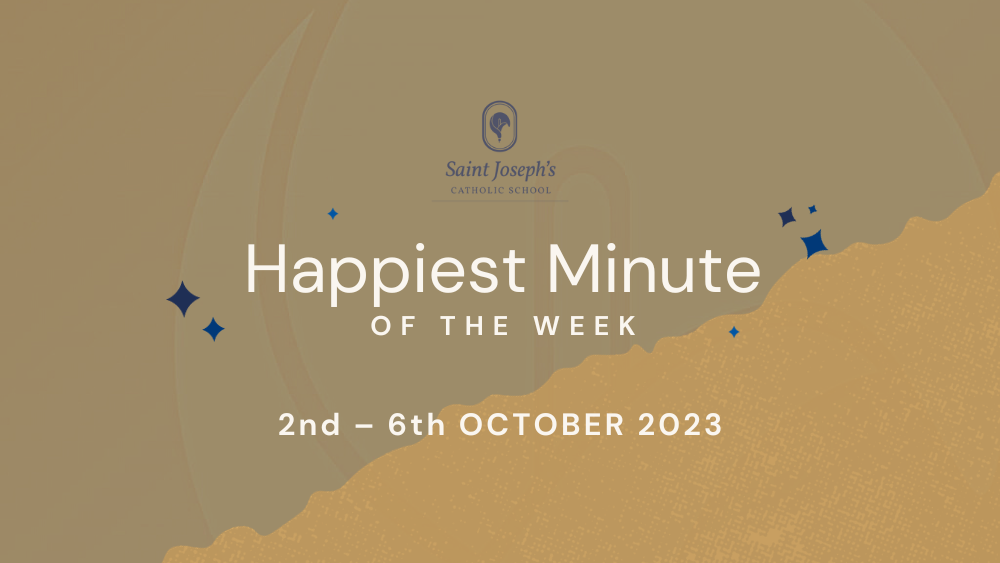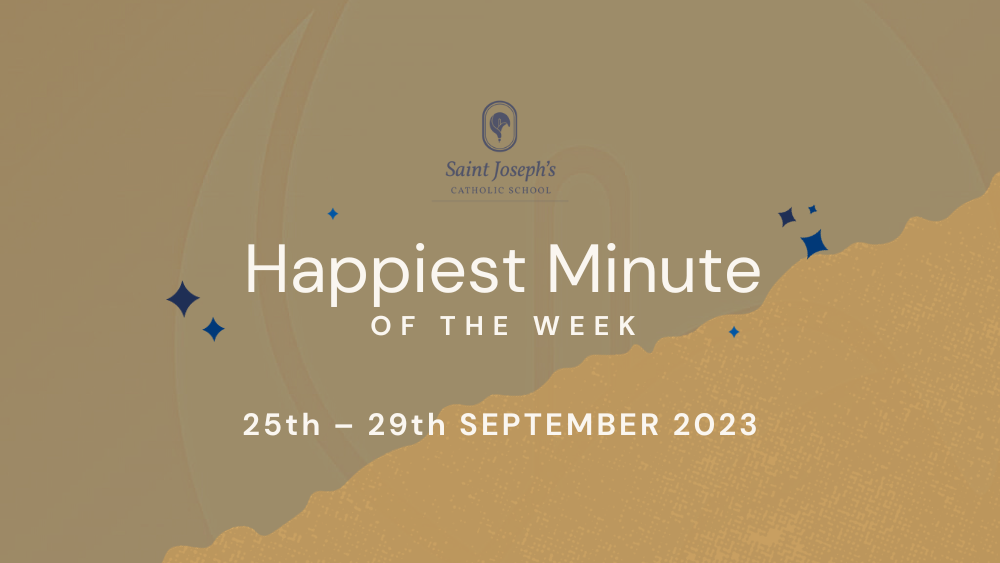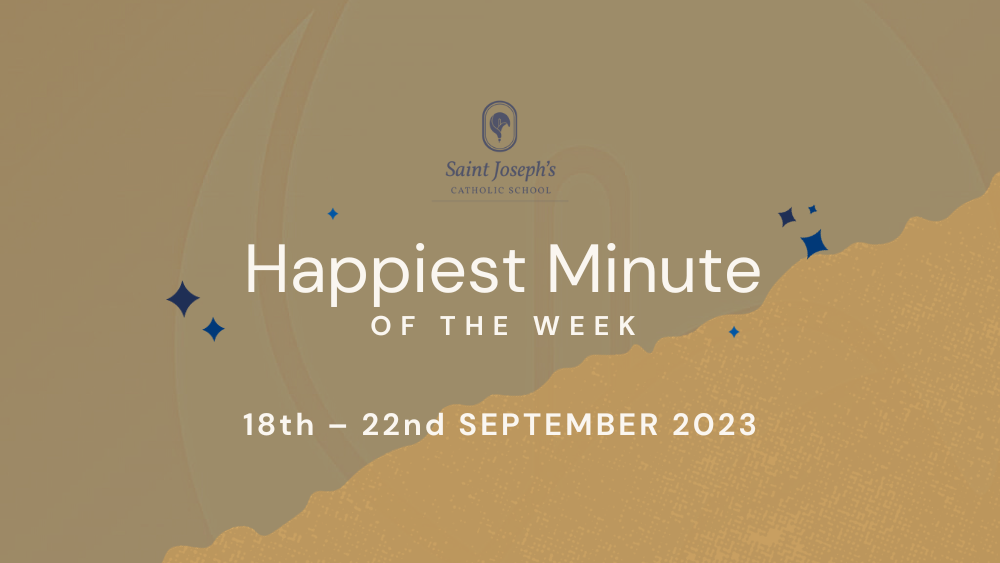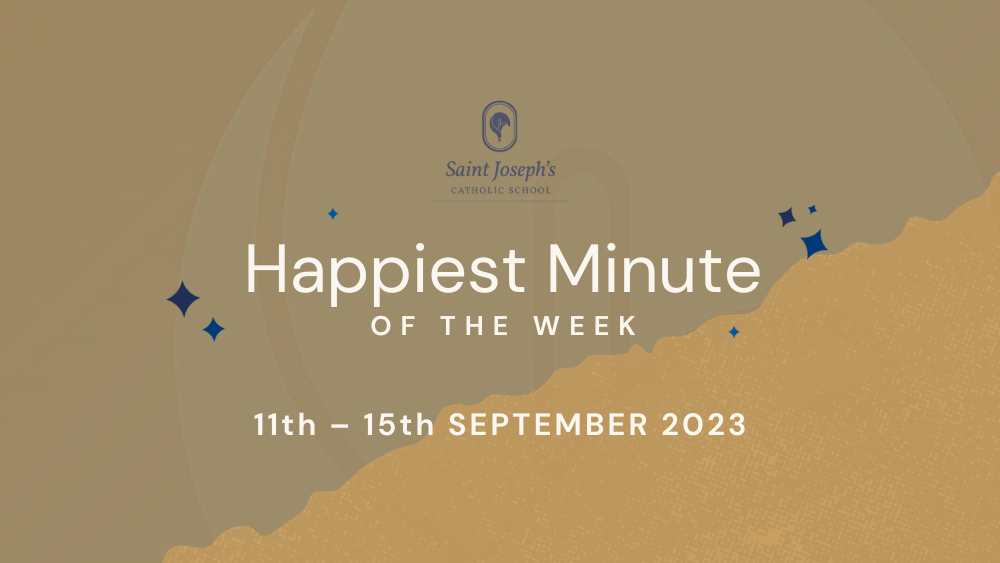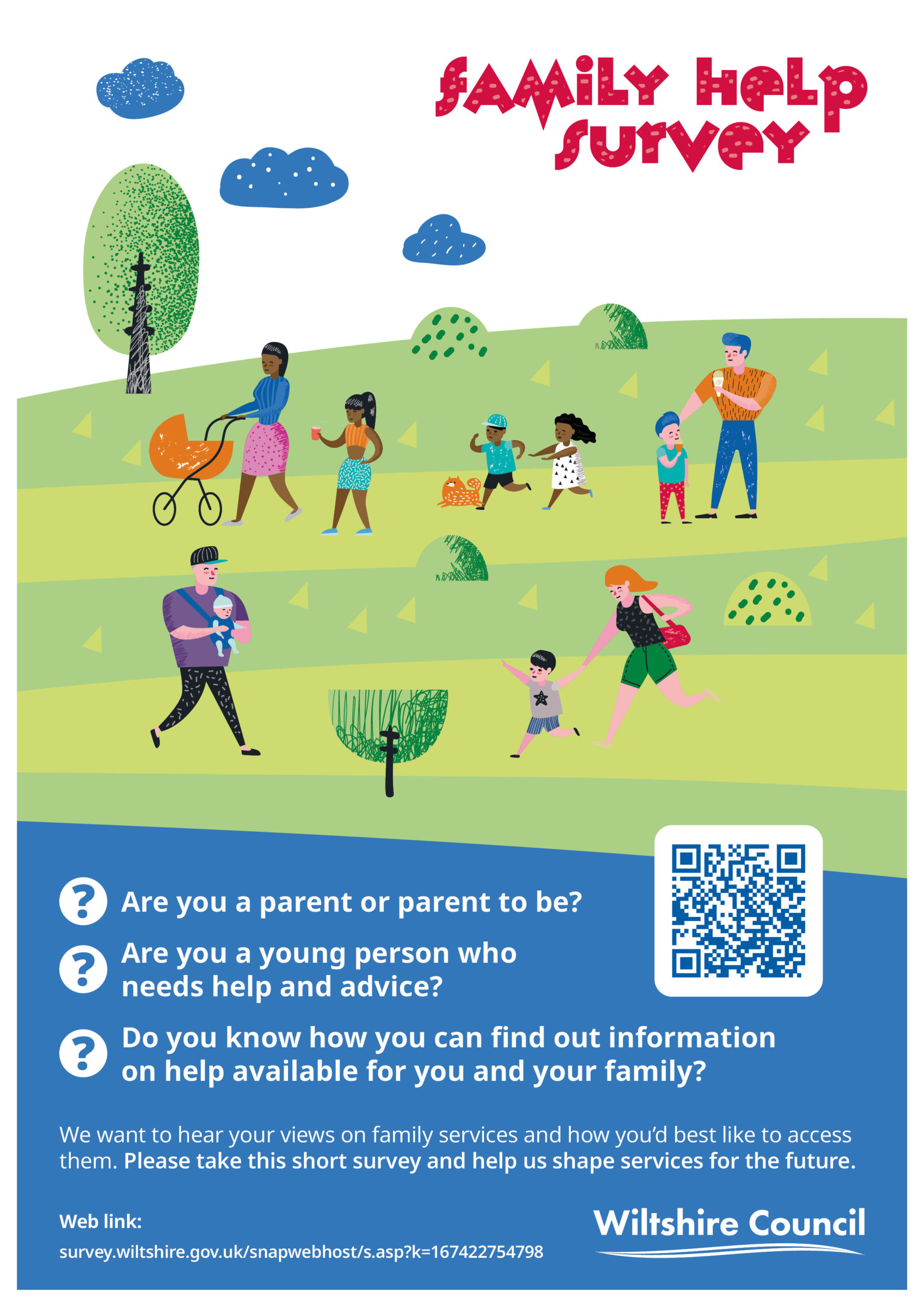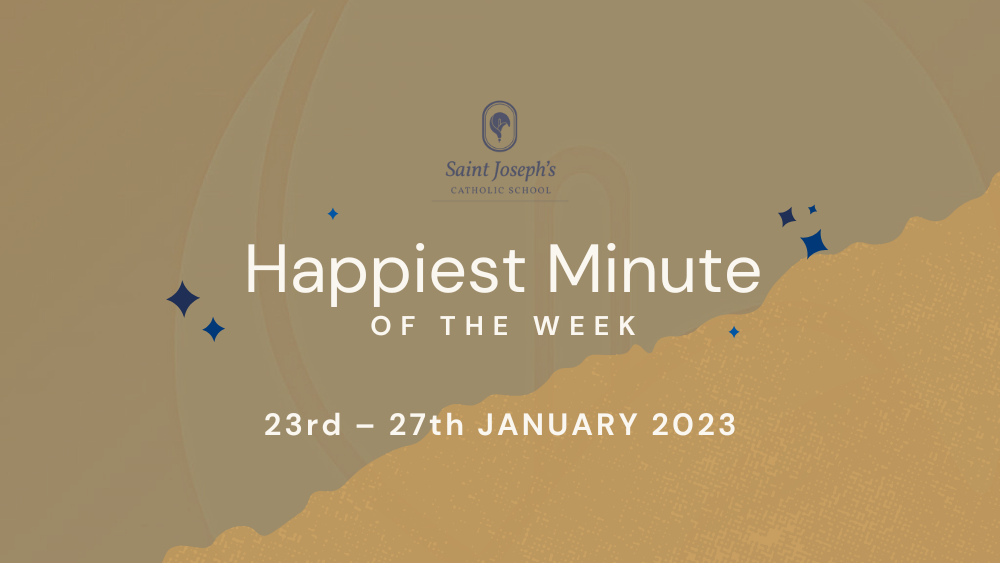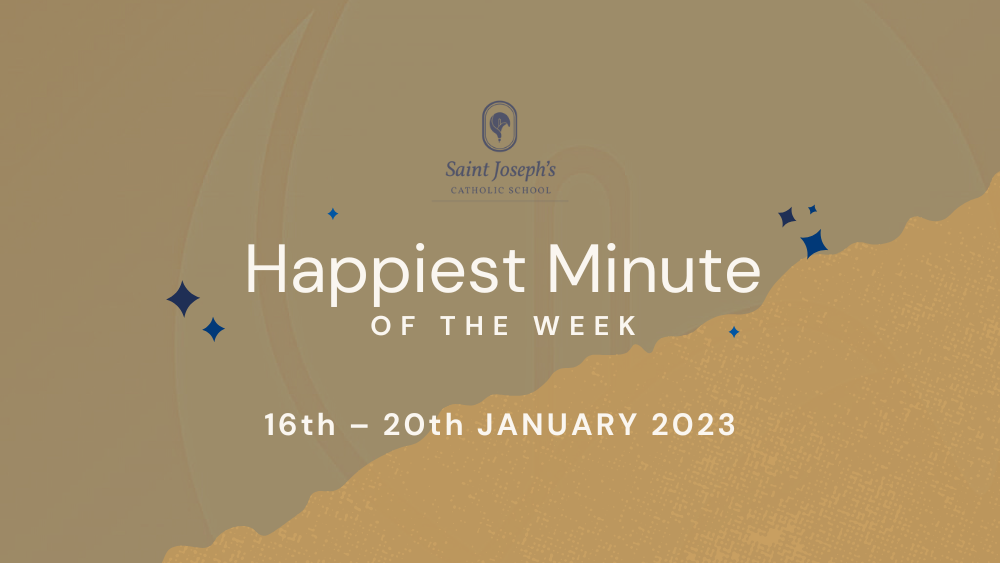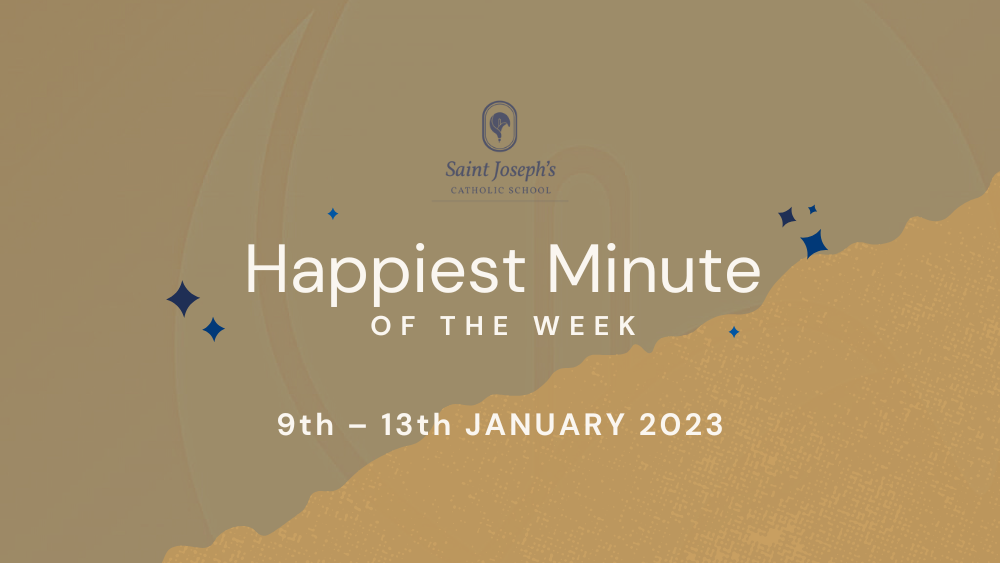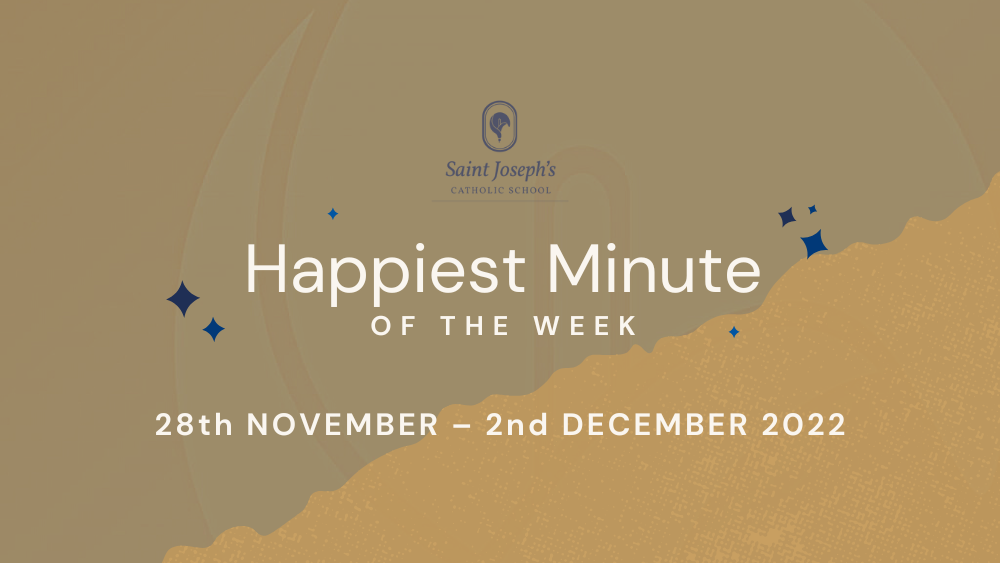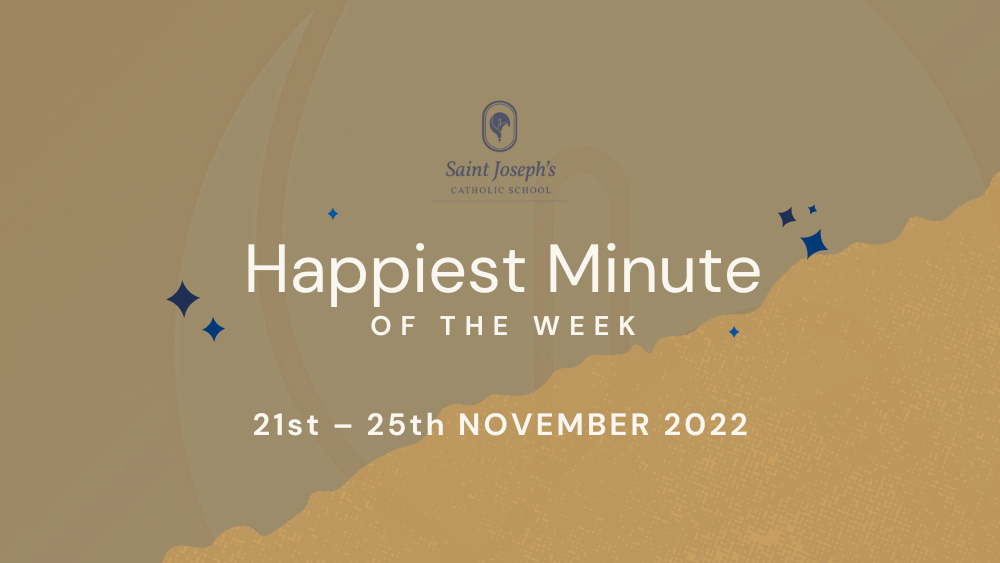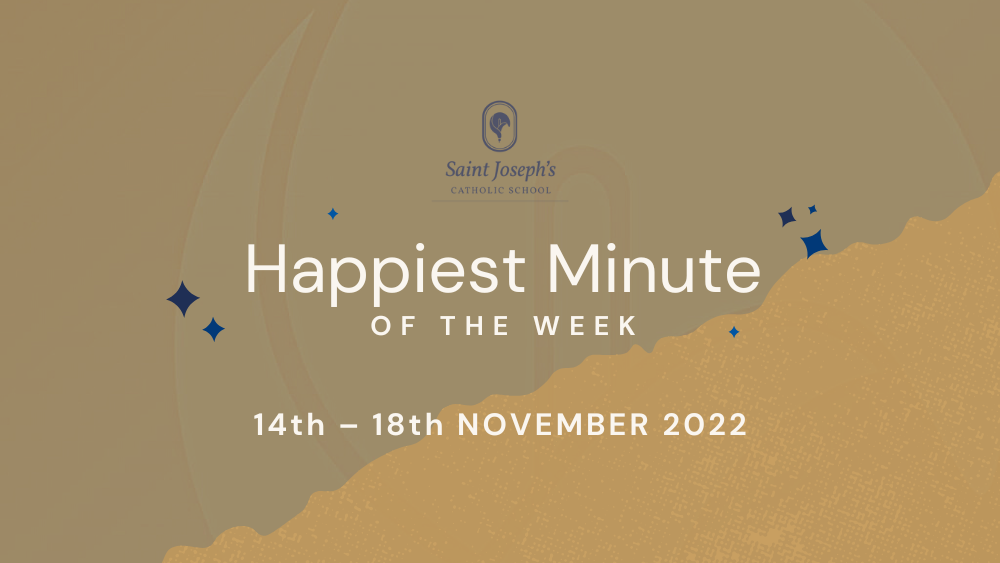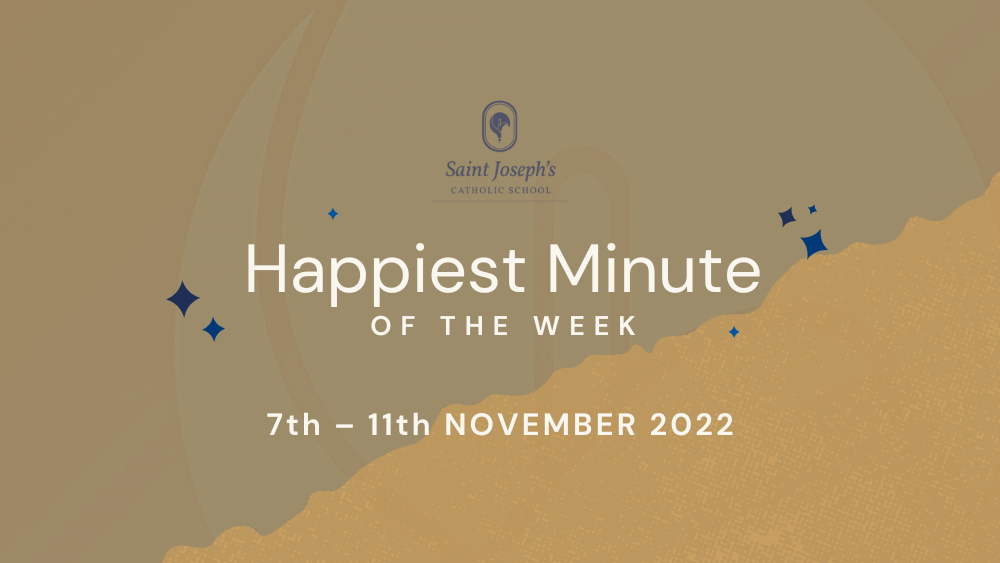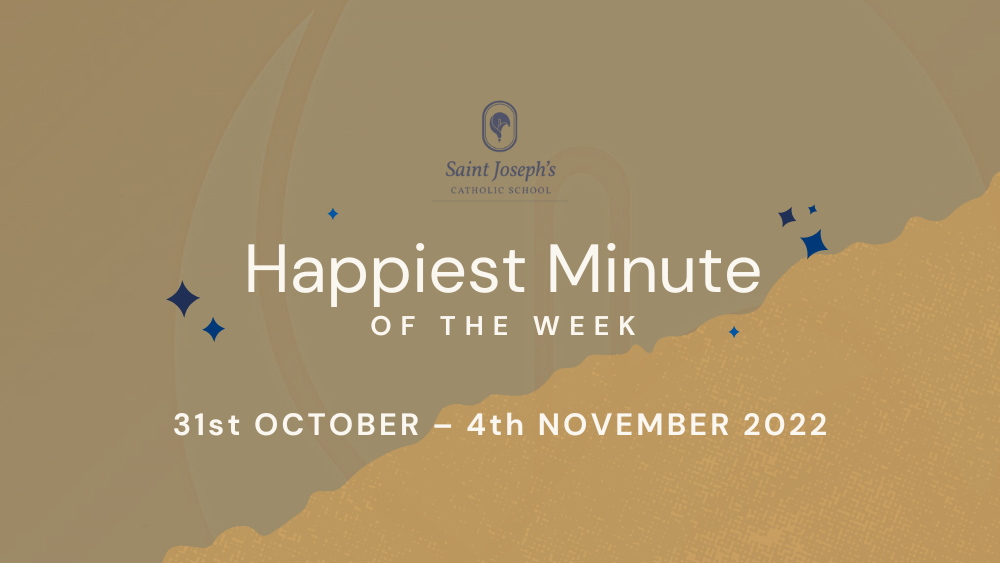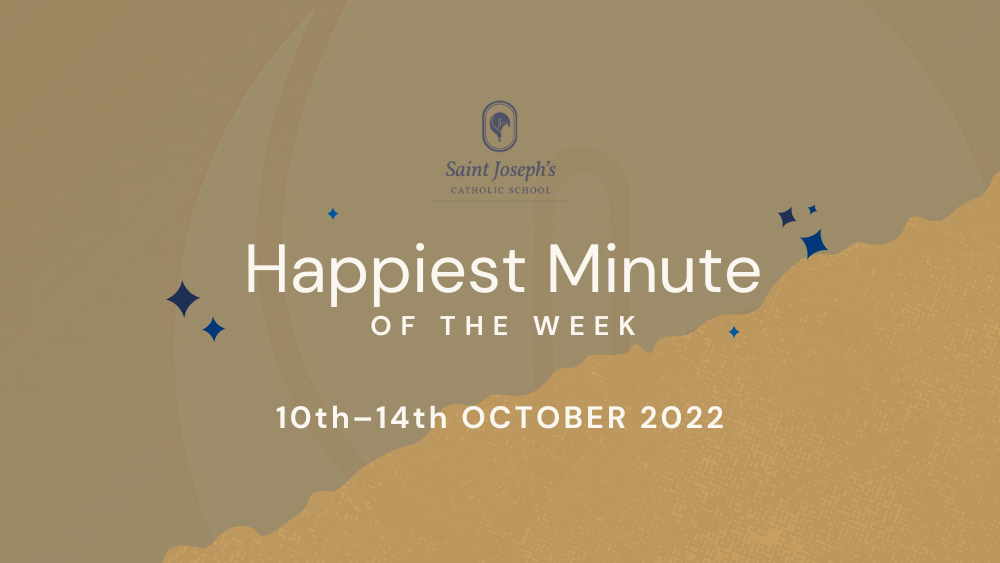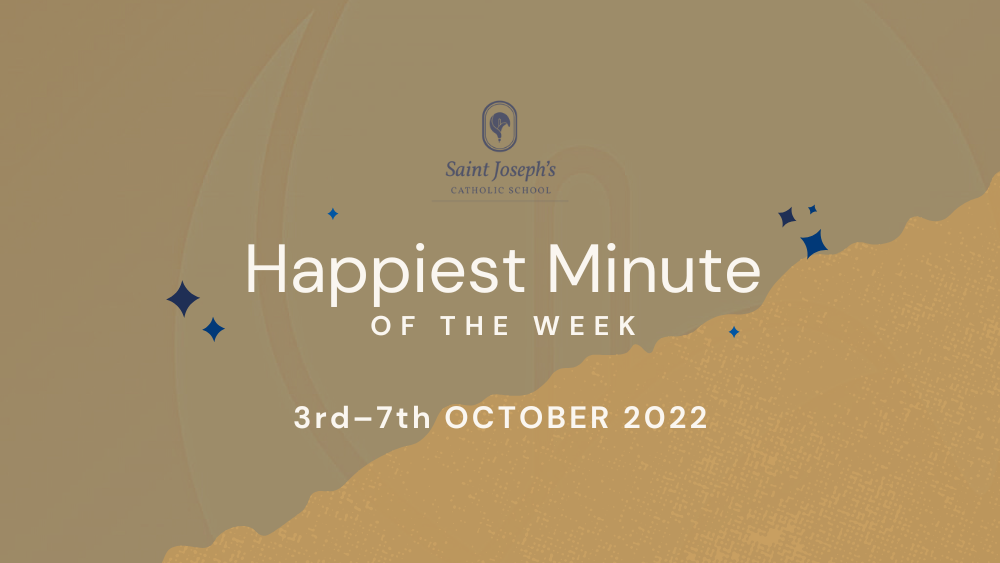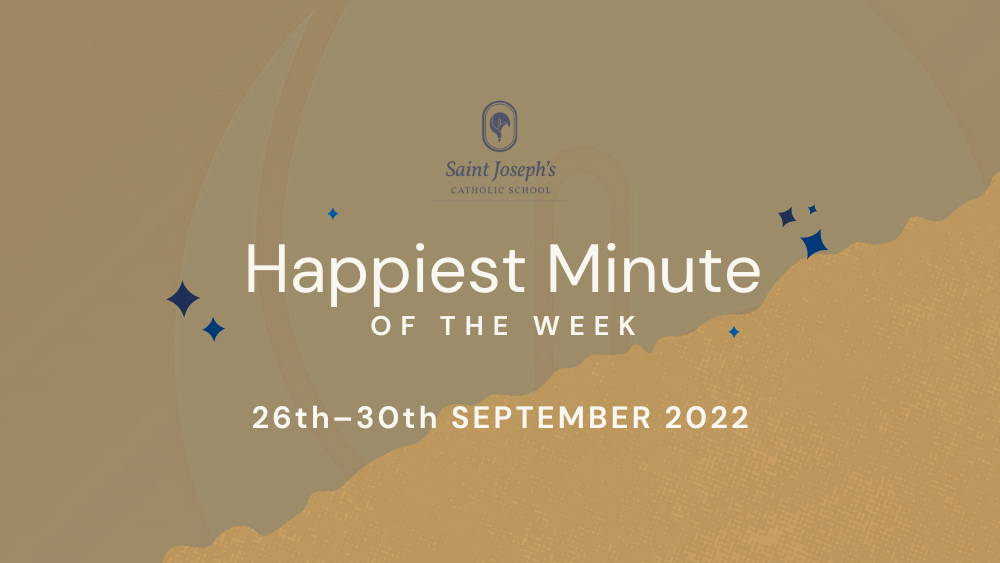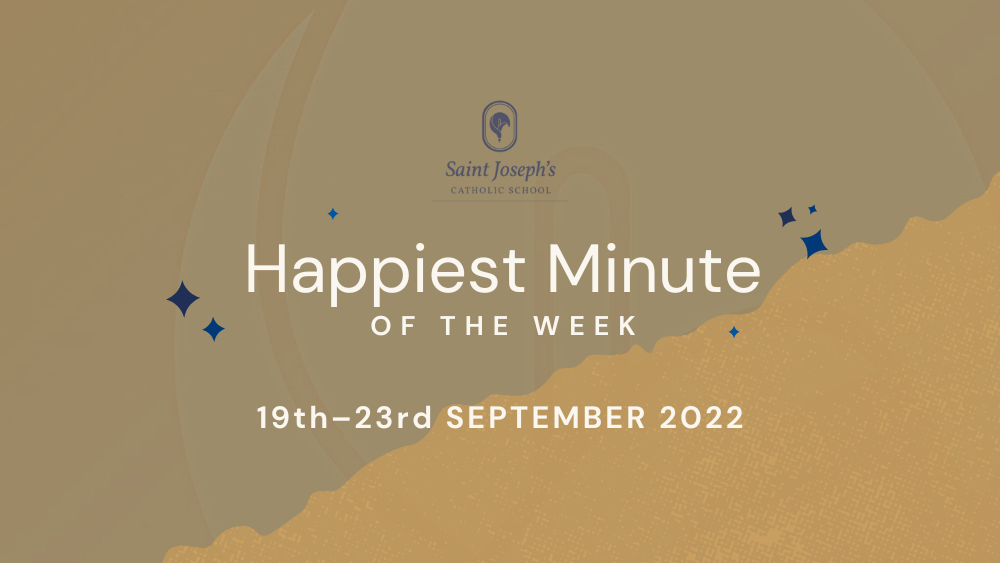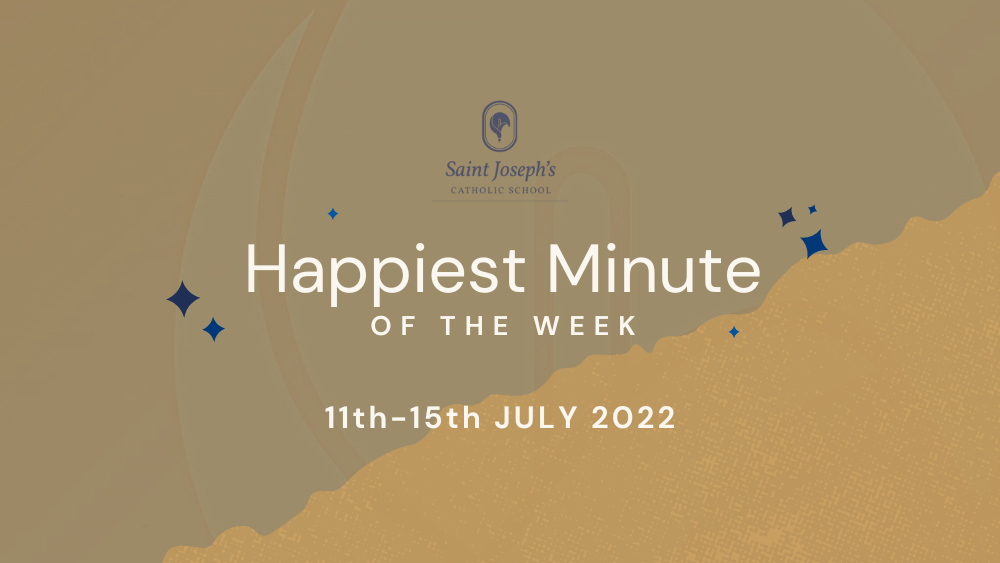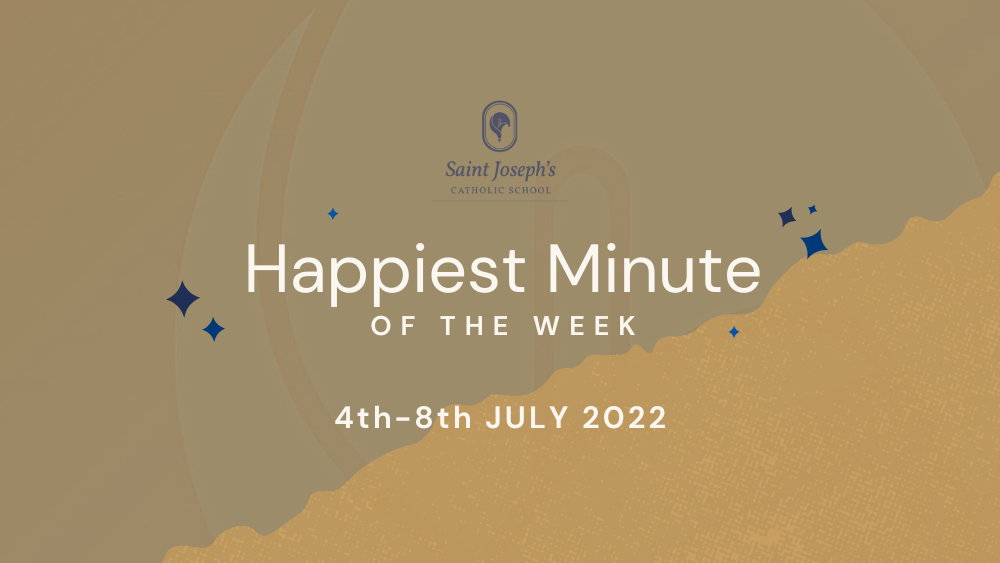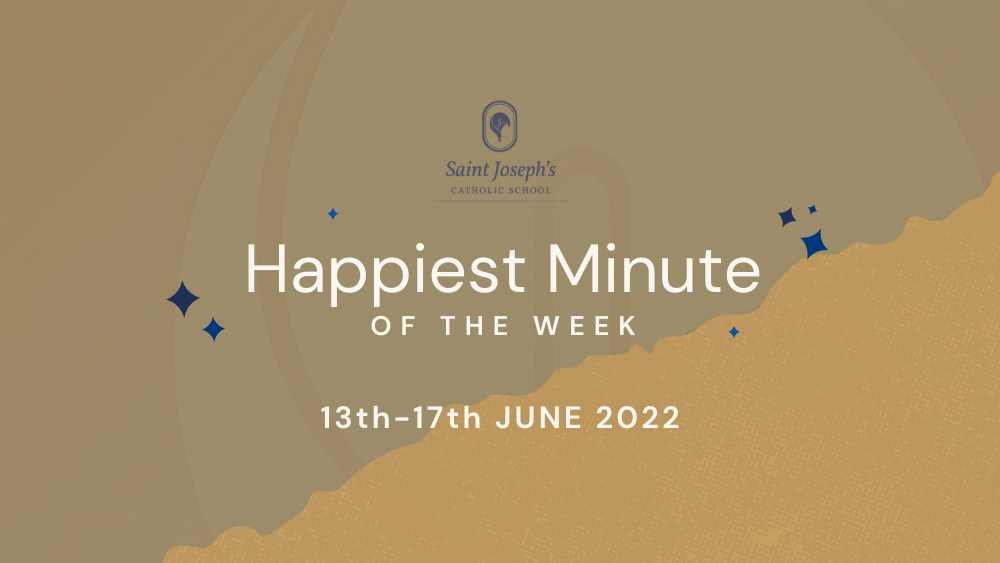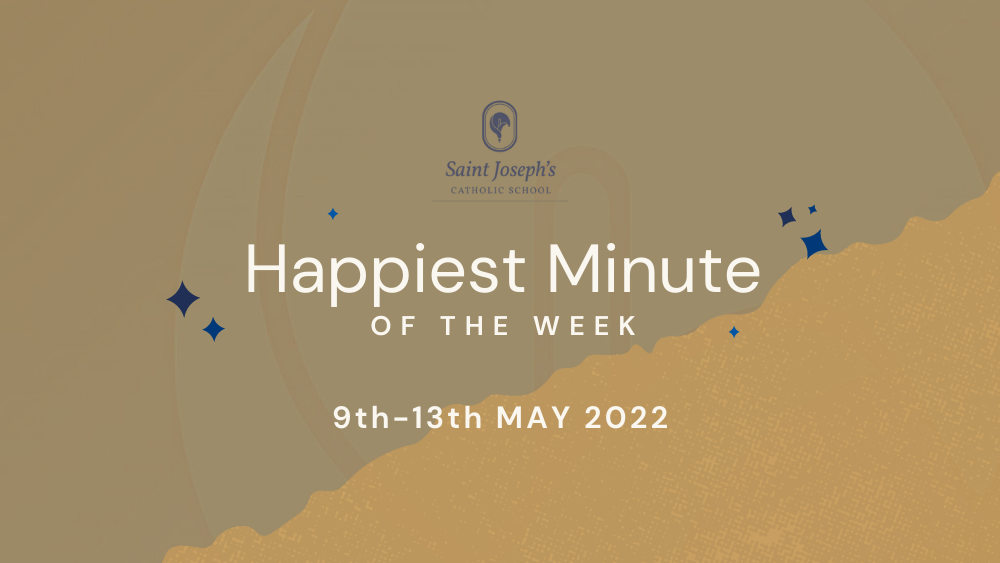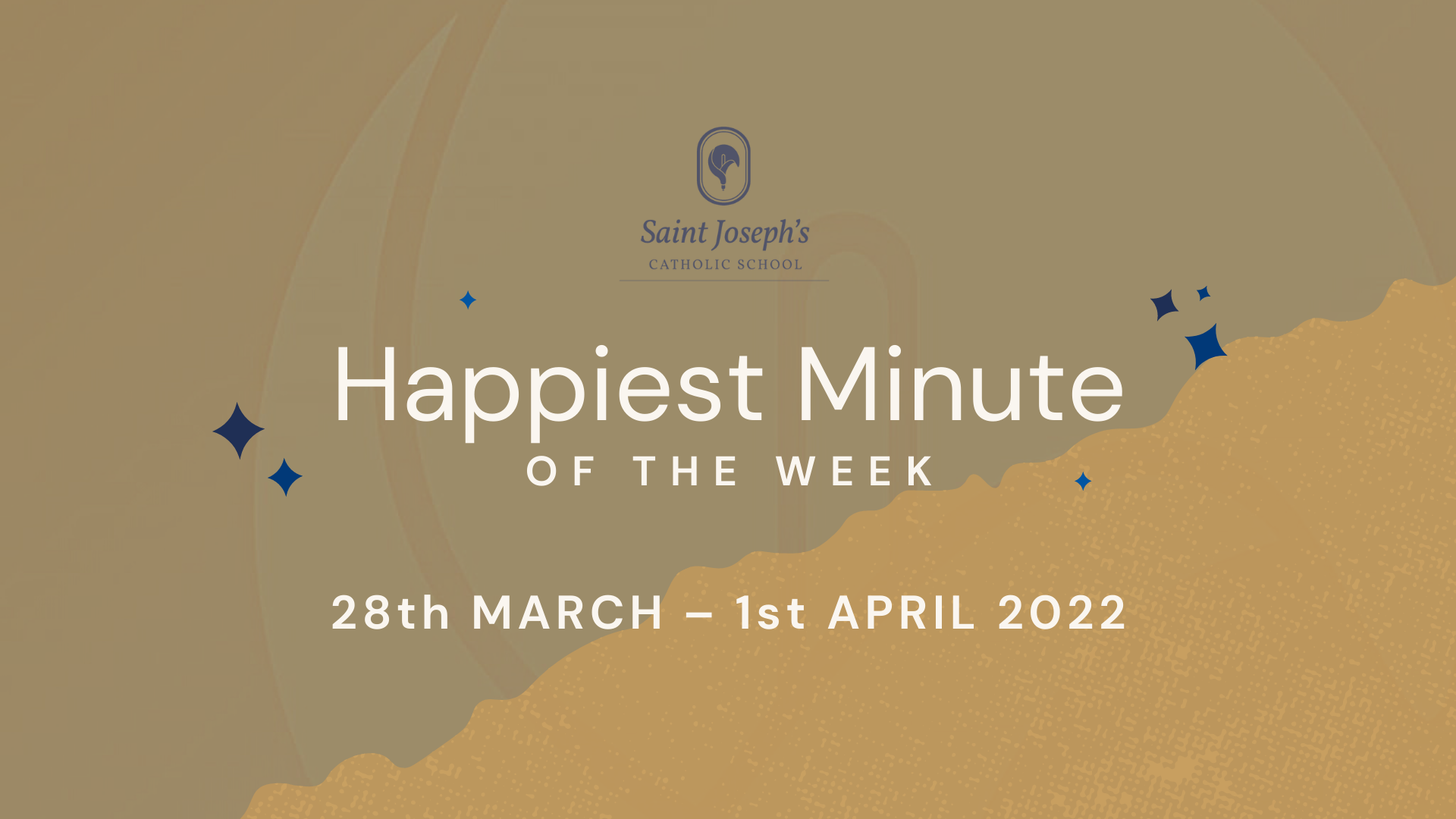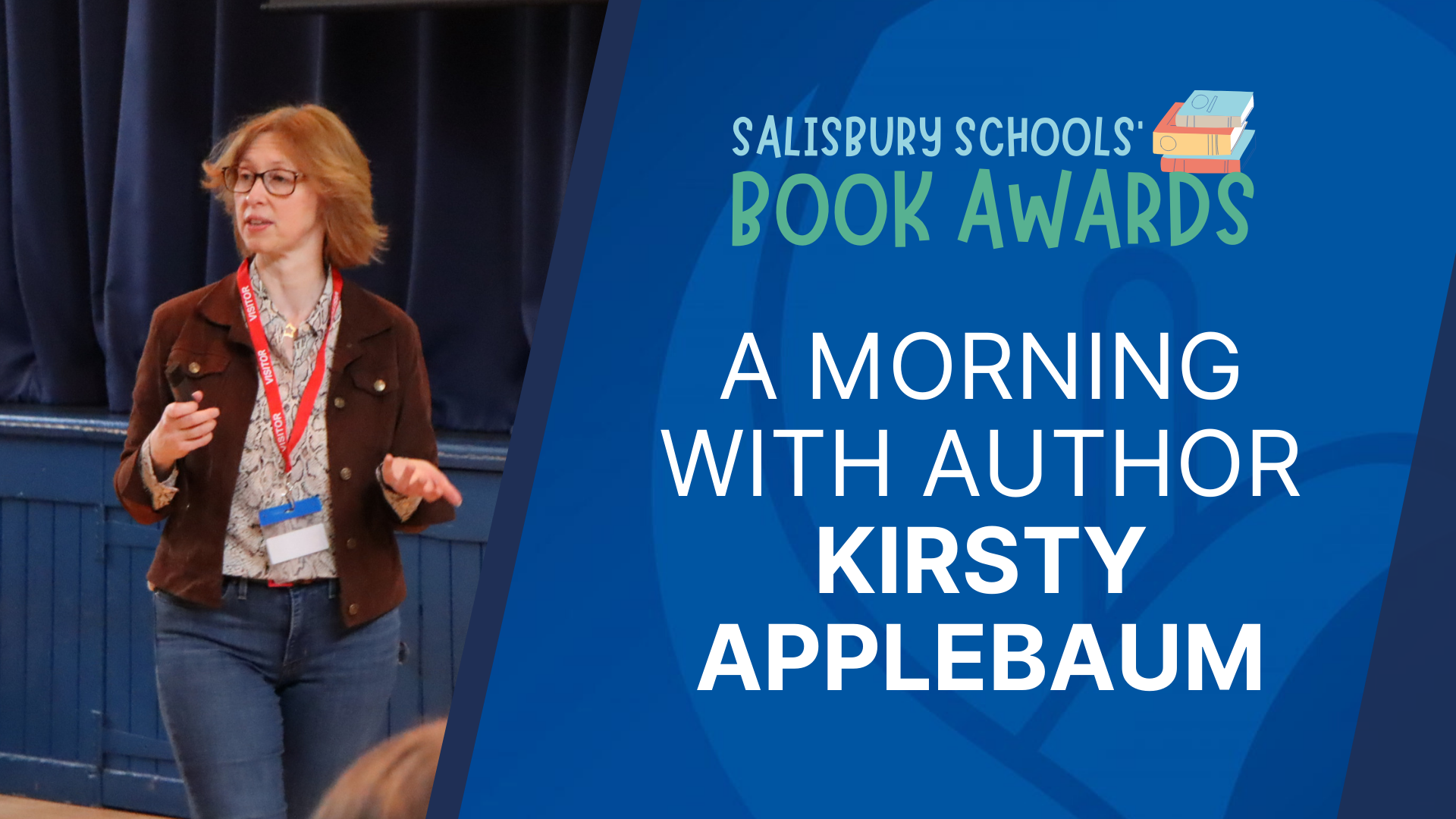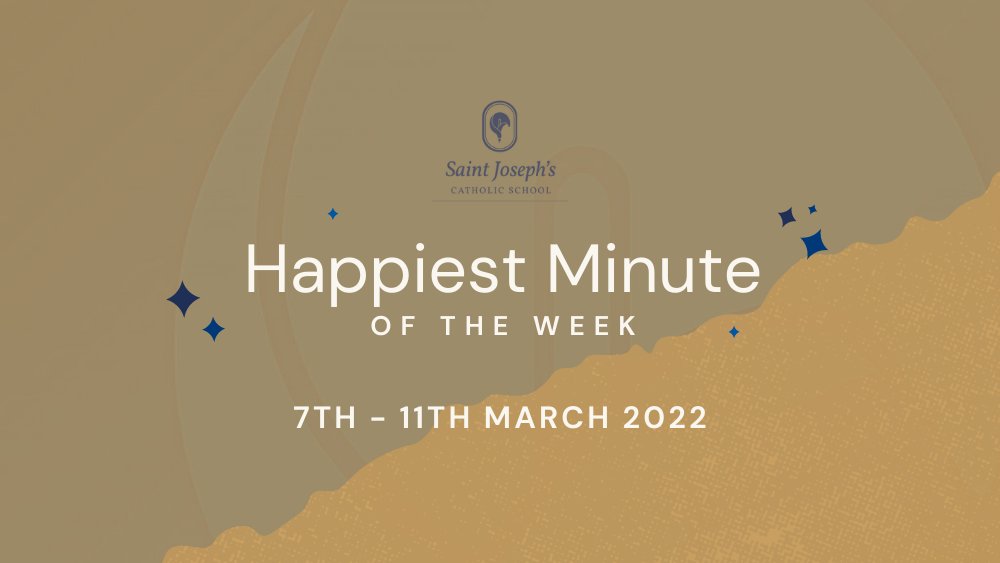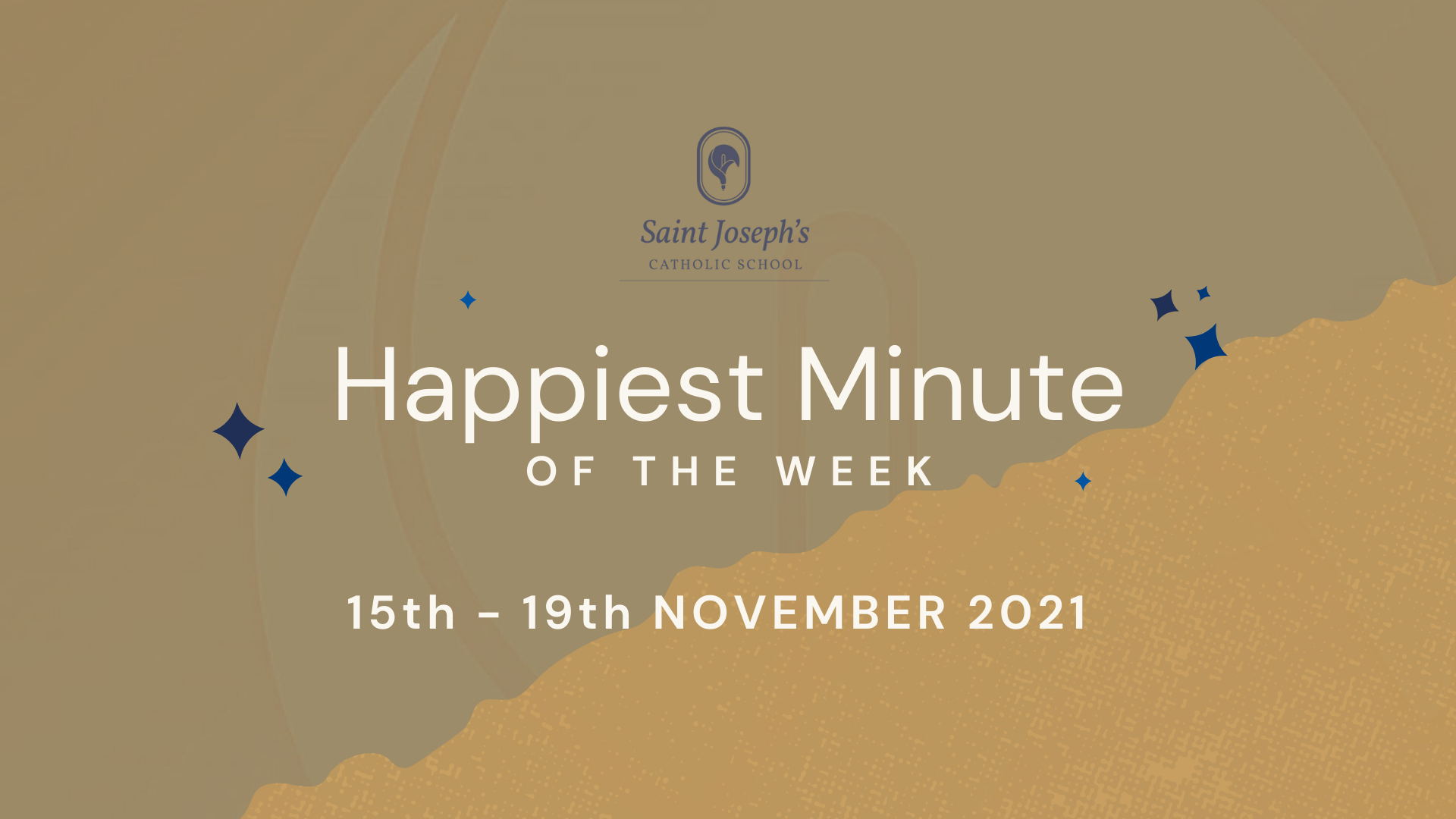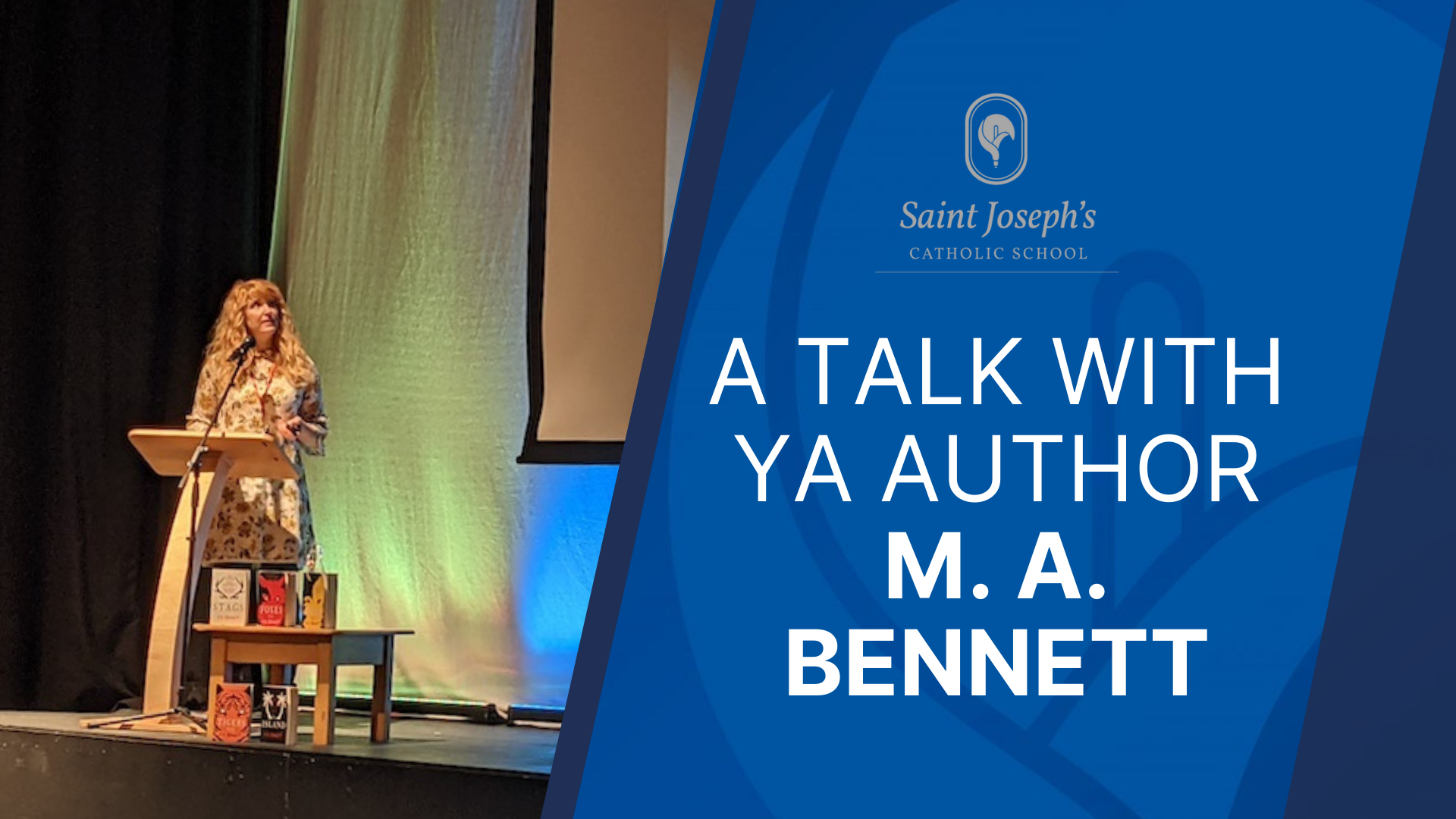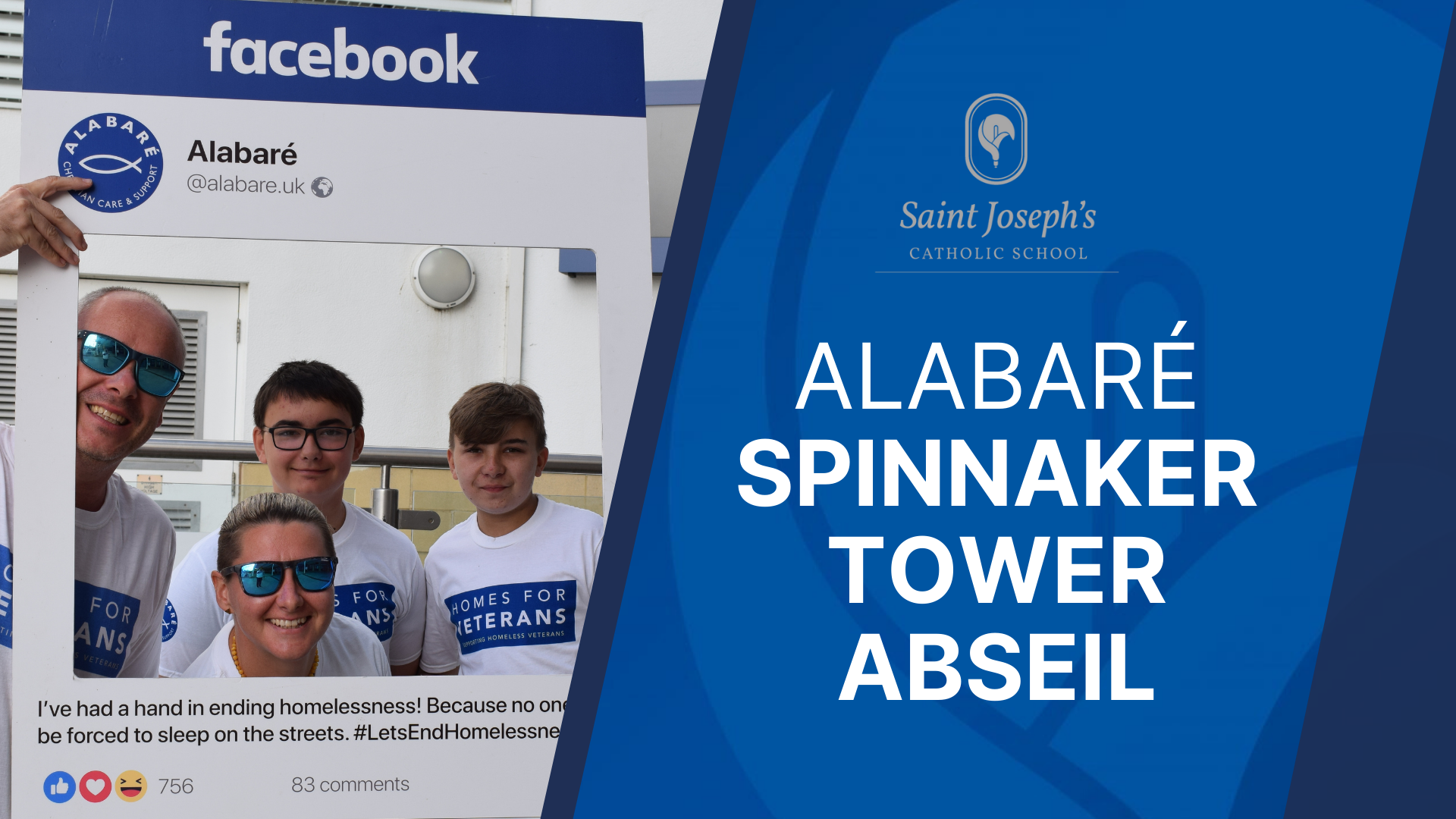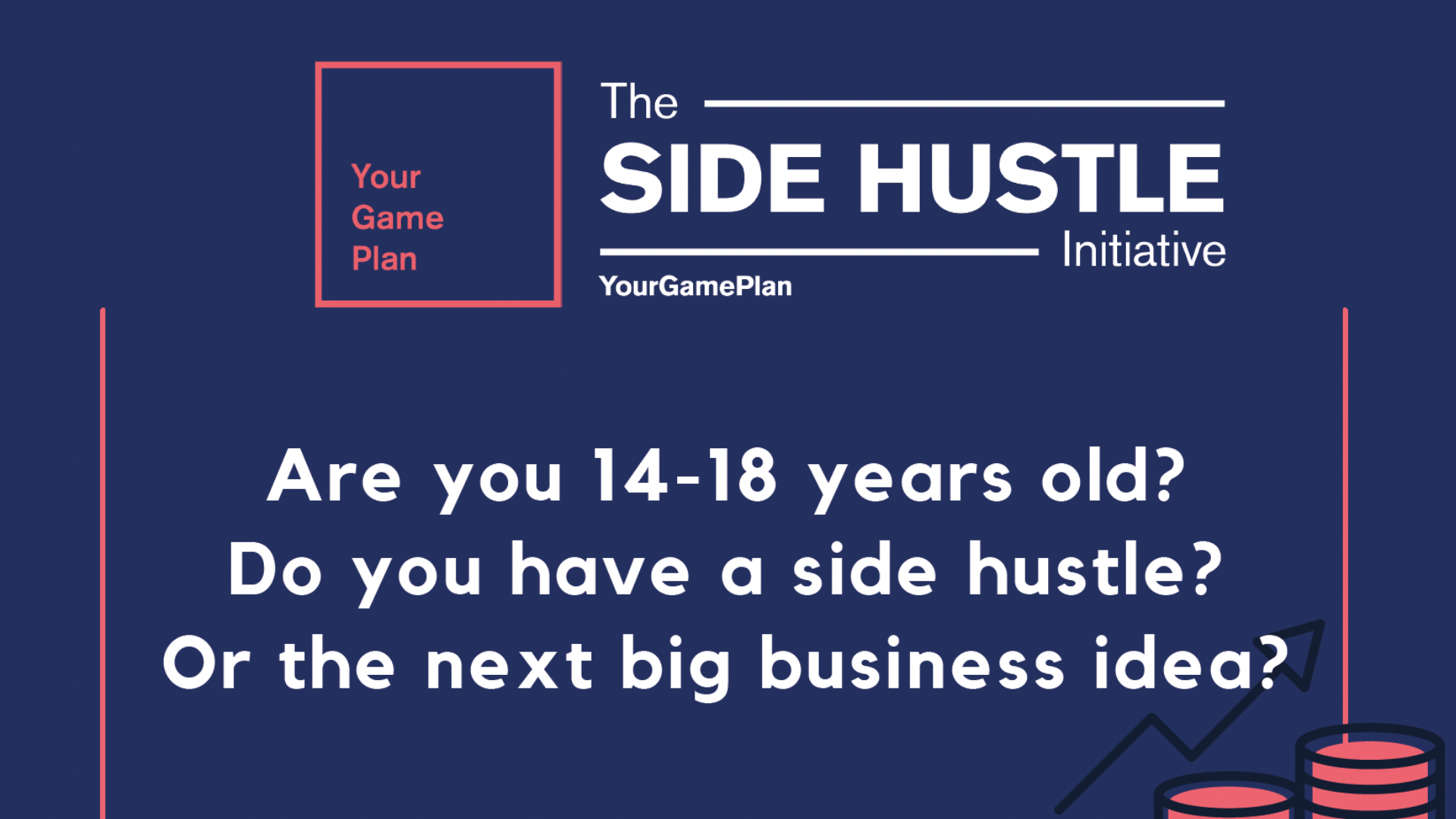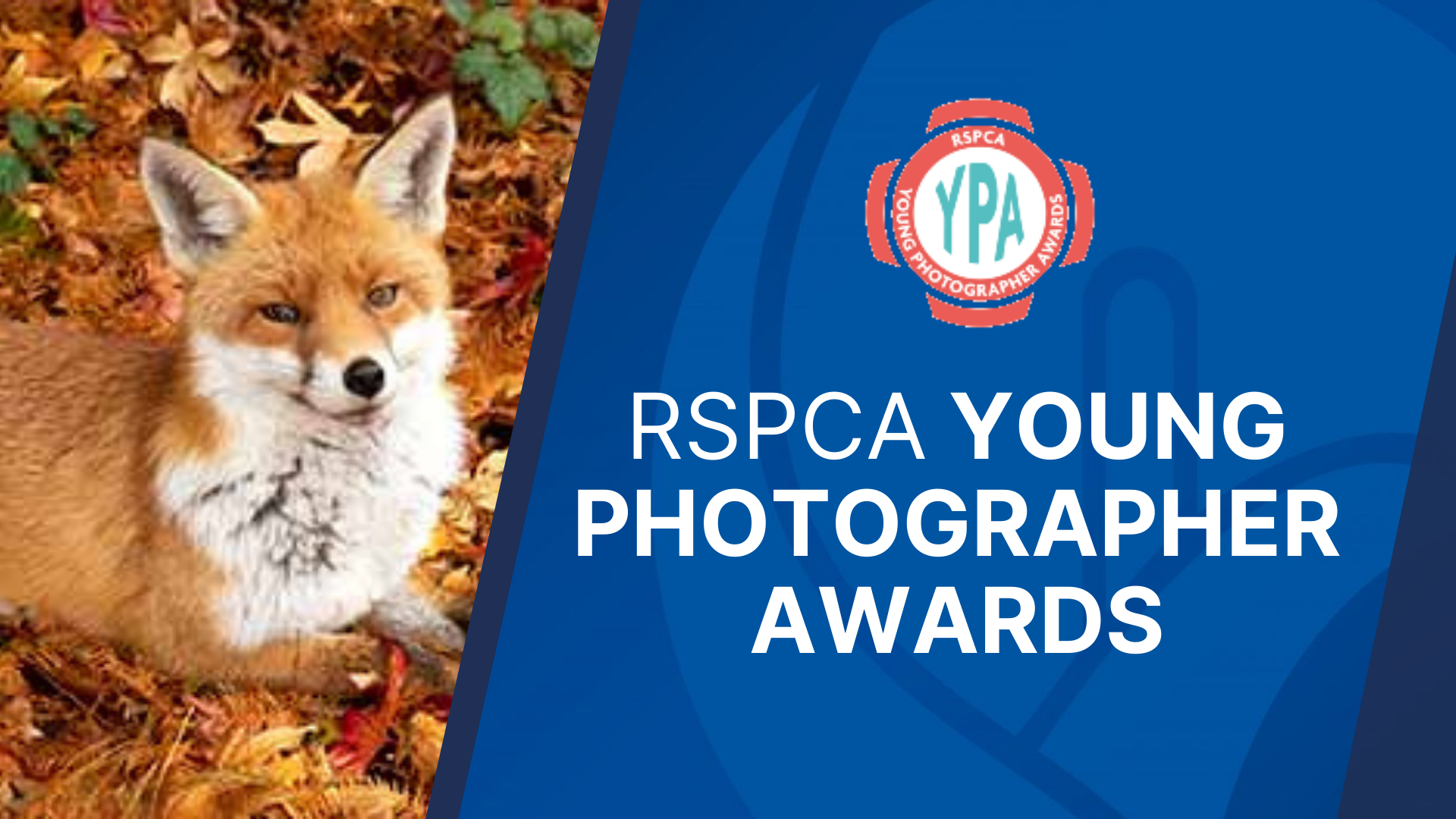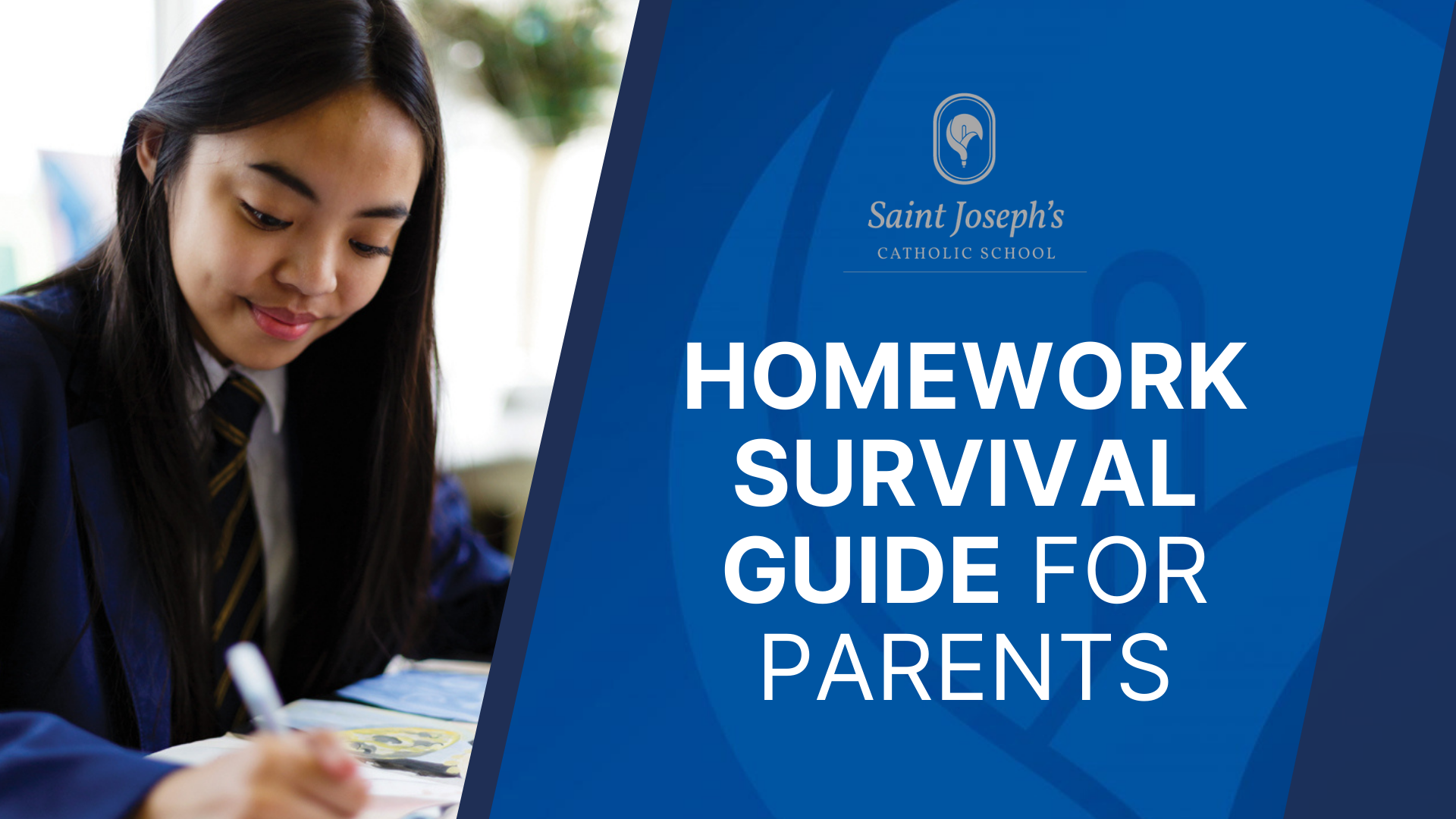If you need support or advice related to your or your child’s mental health and wellbeing, here are some useful apps and websites that can help. Some are aimed at young people, some at parents/carers, and some are useful for everybody.
Apps
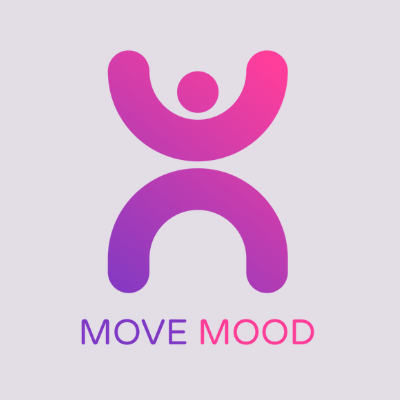
Move Mood – Helps you manage low mood, anxiety and depression. Set tasks, keep track of your progress, achieve awards for getting things done.
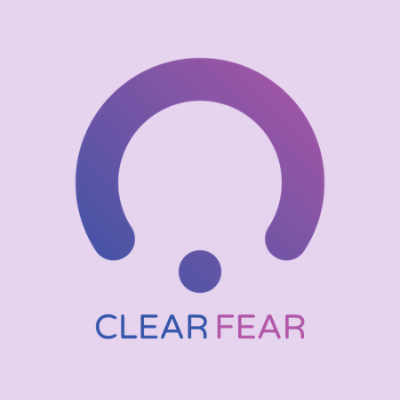
Clear Fear – A range of ways to manage anxiety including mindfulness, activities, and help creating a support network to fall back on.

Calm Harm – This app helps you resist or manage the urge to self-harm. Learn to identify your triggers, and complete small activities to manage your urge to harm.
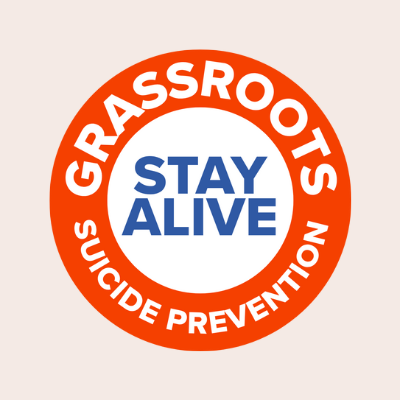
StayAlive – A suicide prevention resource packed full of useful information and tools to help you, or someone you’re worried about, stay safe in crisis.
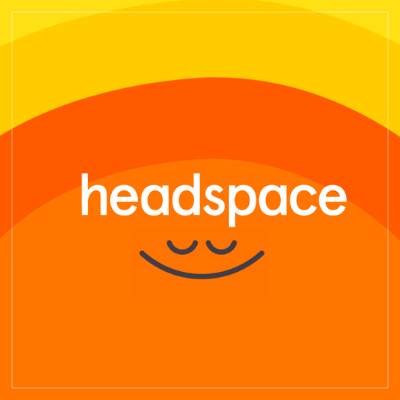
Headspace – Meditation, mindfulness, and sleep made simple. Headspace can help you feel more joy, get a good night’s sleep, and make every day happier.
Websites

YoungMinds – Practical tips and advice for young people struggling with their emotions, and information on getting the support you need.

Off the Record – Lots of free wellbeing info and support related to anxiety, depression, body image, making social change, and more.
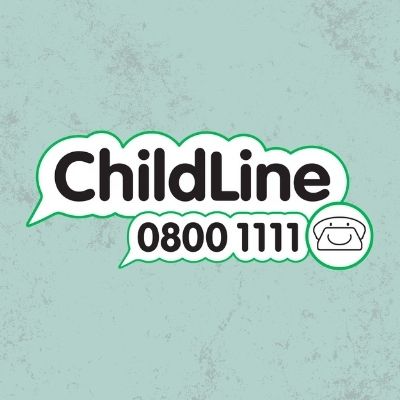
Childline – Information for young people of all ages about feelings and difficult situations. Talking about things might feel tough, but they’re here to support you.

Happy Maps – Information about health topics including mental health, organised under different age groups (e.g. primary, secondary, young adults).
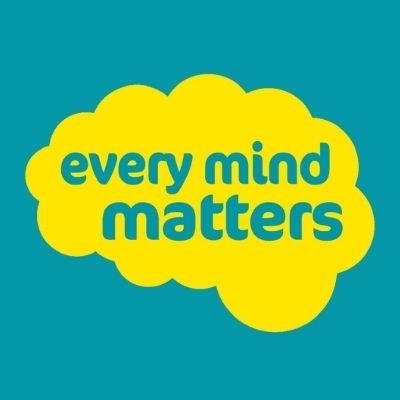
Every Mind Matters – This campaign shows us how the little things we can do to look after our mental wellbeing can make a big difference.

Mental Health at Home – A series of short films to help young people manage their mental health at home.

Wiltshire Children and Young People Emotional Wellbeing Service – Information, tips and advice for supporting emotional wellbeing, including websites, apps, services, and more.

Place2Be: Parenting Smart – Parenting advice from child mental health experts on bullying, school transition, healthy habits, gender identity, family and friendship issues, and lots more.
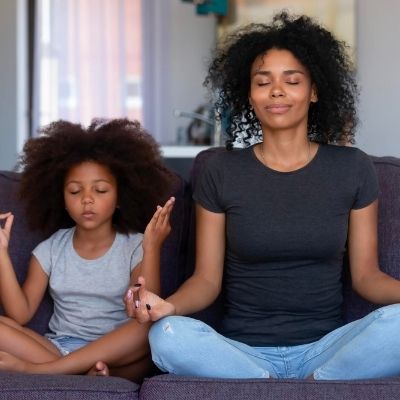
Your Mental Health & Wellbeing: 10 Top Tips for Parents – A guide on looking after your own mental health, which can have a hugely positive impact on your child’s wellbeing.

Anna Freud – A world-leading mental health charity for children and families. They have lots of great resources, including:

Swindon and Wiltshire PCC Youth Zone – Lots of helpful resources for secondary school-age pupils (11-16), including videos and information about where to learn more about any of the topics. Topics include:
- Healthy friendships and relationships
- Bullying
- LGBTQ+ support
- Keeping safe/exploitation
- Grooming
- Mental health
- Crime and criminality
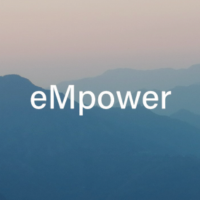
eMpower meditation – eMpower is an online resource and non-profit organisation, established to help school children, teenagers and adults improve their wellbeing, mental health, concentration levels and self-esteem through meditation. They believe that wellbeing is the birthright of every person, regardless of background or life circumstances.
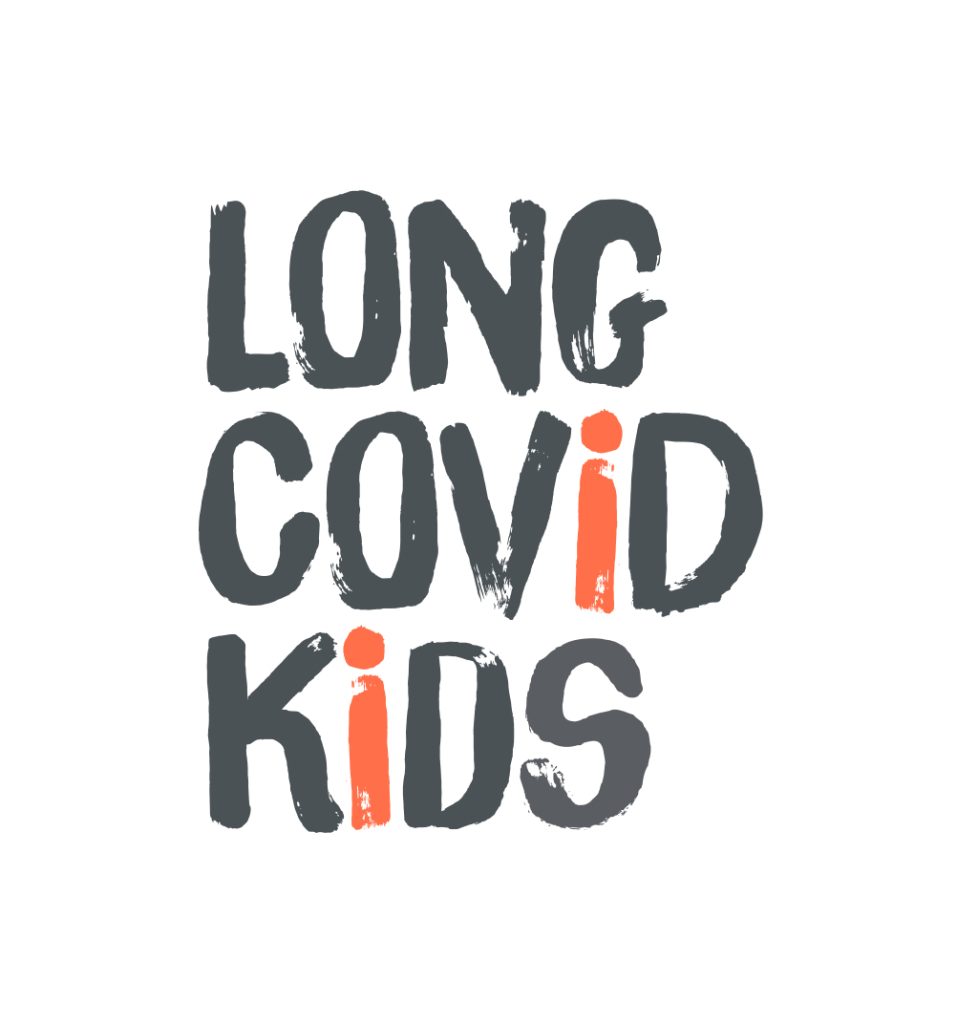
Long Covid Kids – Support Services – Long Covid Kids have been connecting and supporting families, children and young people living with Long Covid since October 2020. Please see this page for resources and places to go for support from others who understand the challenges, you’re facing.

